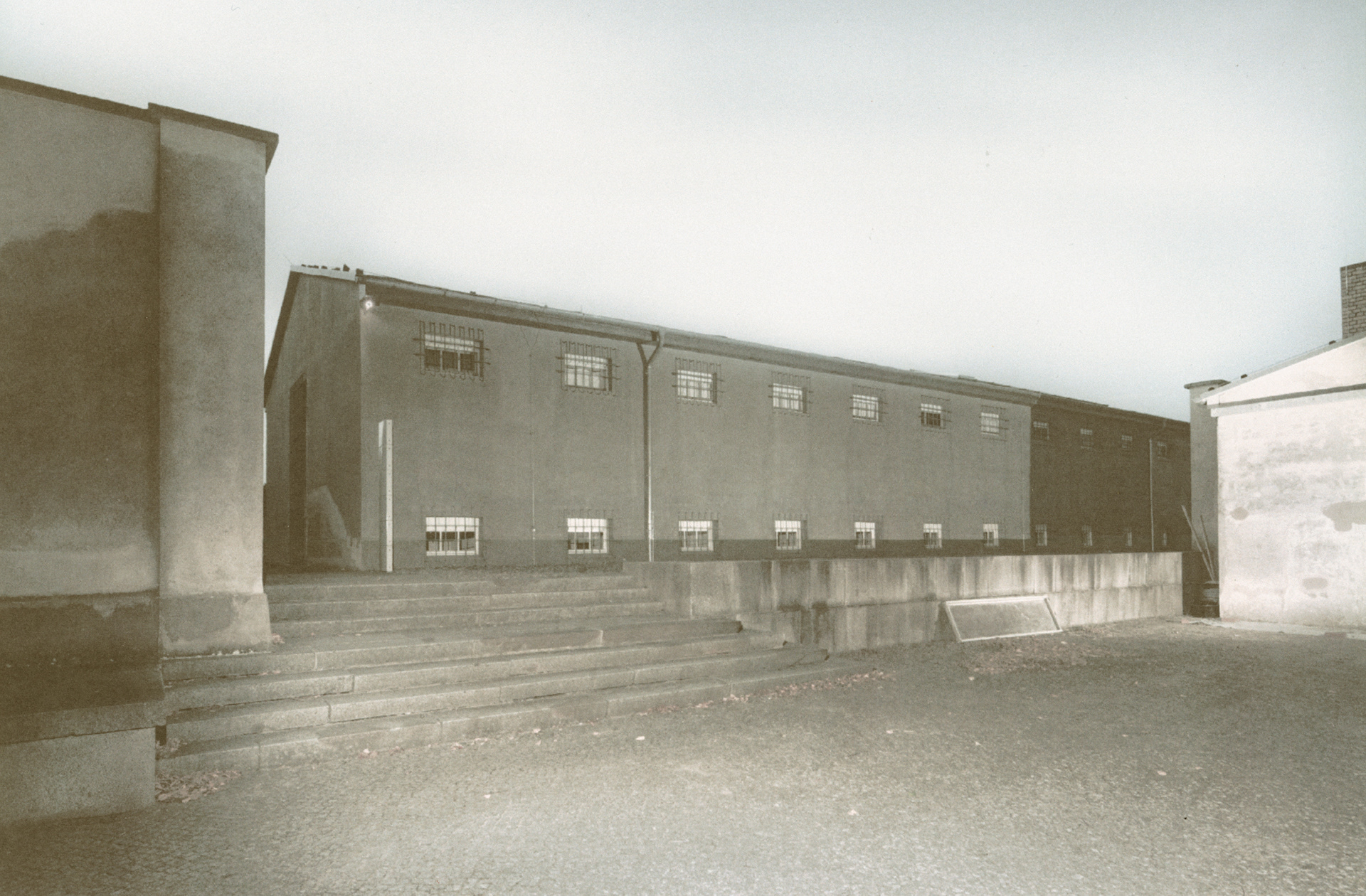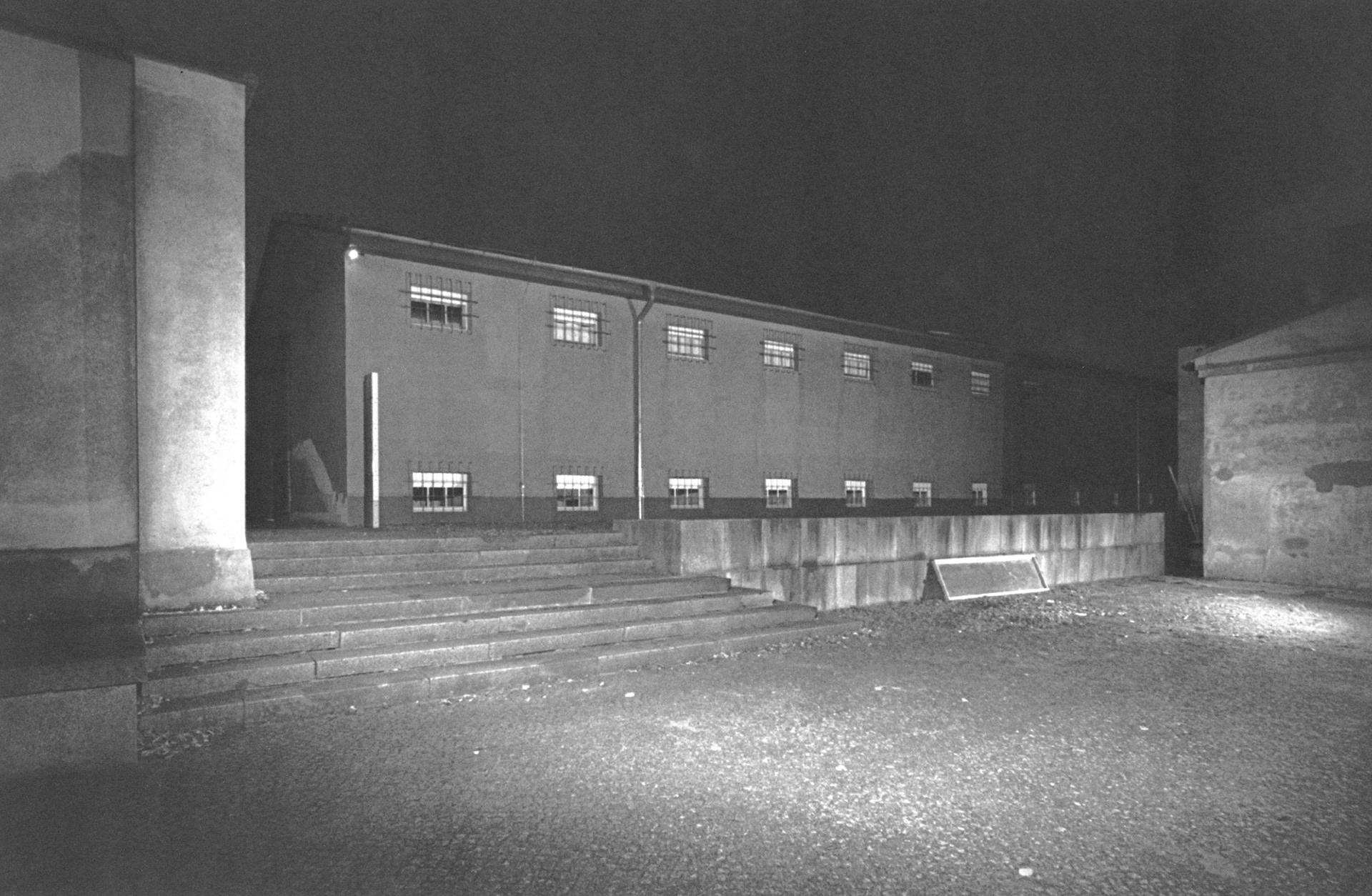GESPENSTER is an intimate journey through the shadows of my family’s past, centered around my great-aunt Käthe Niederkirchner—a celebrated anti-fascist icon in the GDR—and her brother Paul, who was executed during Stalin’s purges. Rather than a simple homage to family heroes, the project interrogates how the specters of history continue to reverberate, exposing layered legacies of ideology, loyalty, and loss.
Through archival research, I uncover letters, photographs, and silenced fates—like Paul’s, a story never spoken of in our family—attempting to reconcile a proud family mythology with the contradictions and voids it conceals. Käthe’s celebrated resistance, trained as a parachutist and radio operator for anti-fascist missions, stands in stark contrast to Paul’s fate: falsely accused of espionage and executed in 1938 during Stalin’s Great Terror. Their opposing destinies—one honored, the other erased—reveal not only the brutality of political regimes but also the enduring silence within families shaped by them.
By weaving together official documents, counter-archives, and personal reflections, GESPENSTER explores how individual memory intersects with collective ideology—how histories are both constructed and suppressed. It is a work of remembrance and reckoning: a tribute to resilience, and a questioning of the beliefs that continue to shape how we remember.
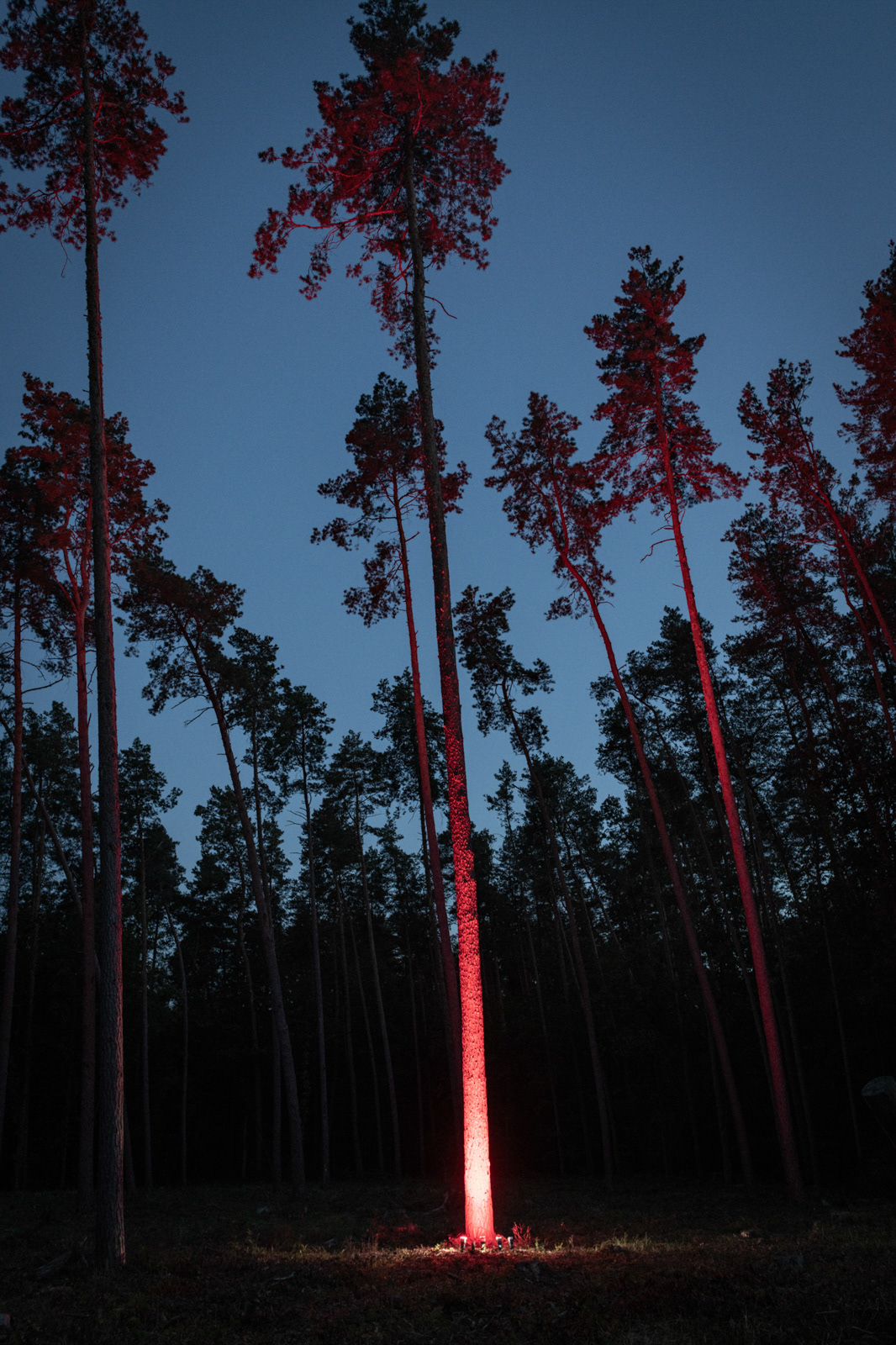
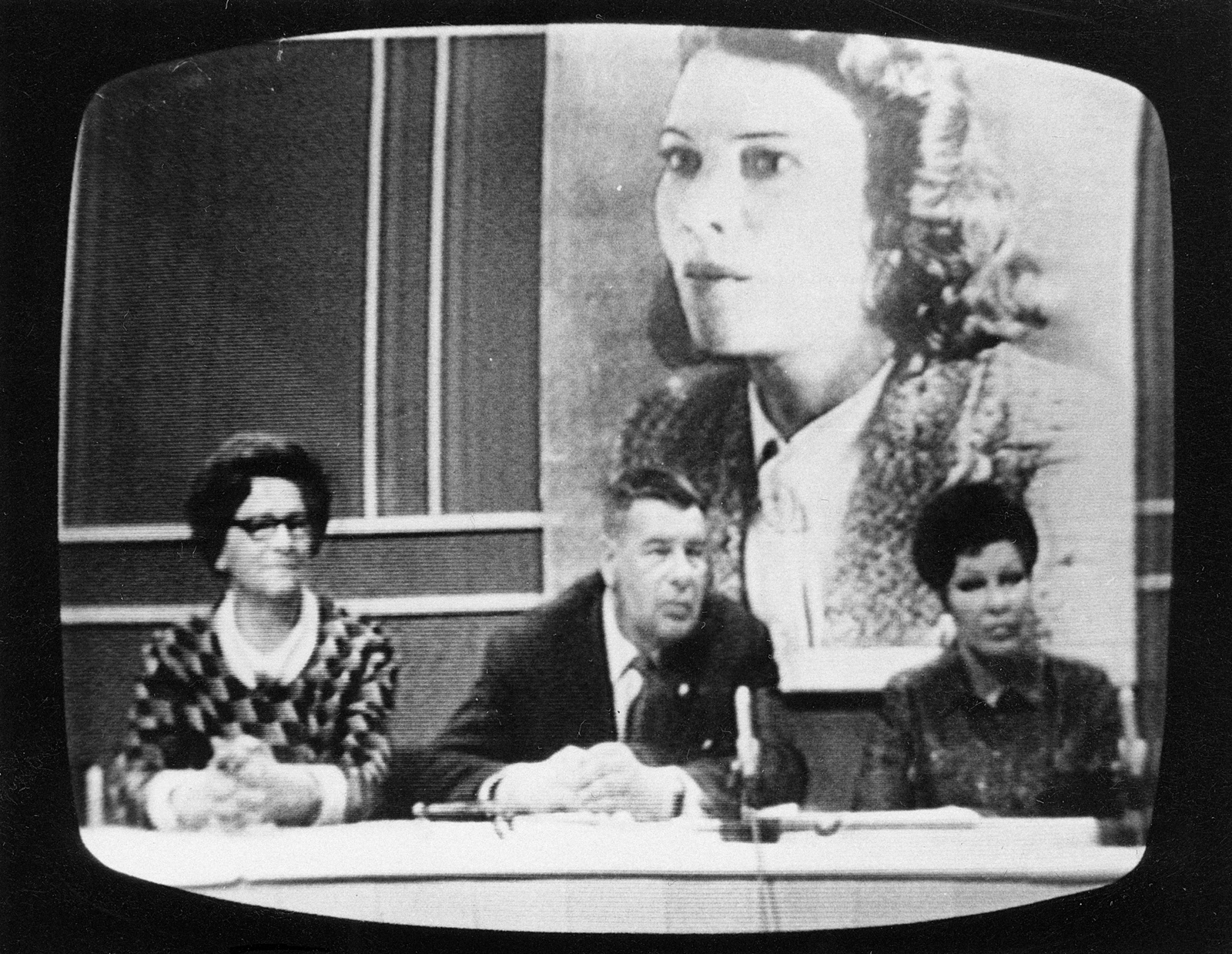
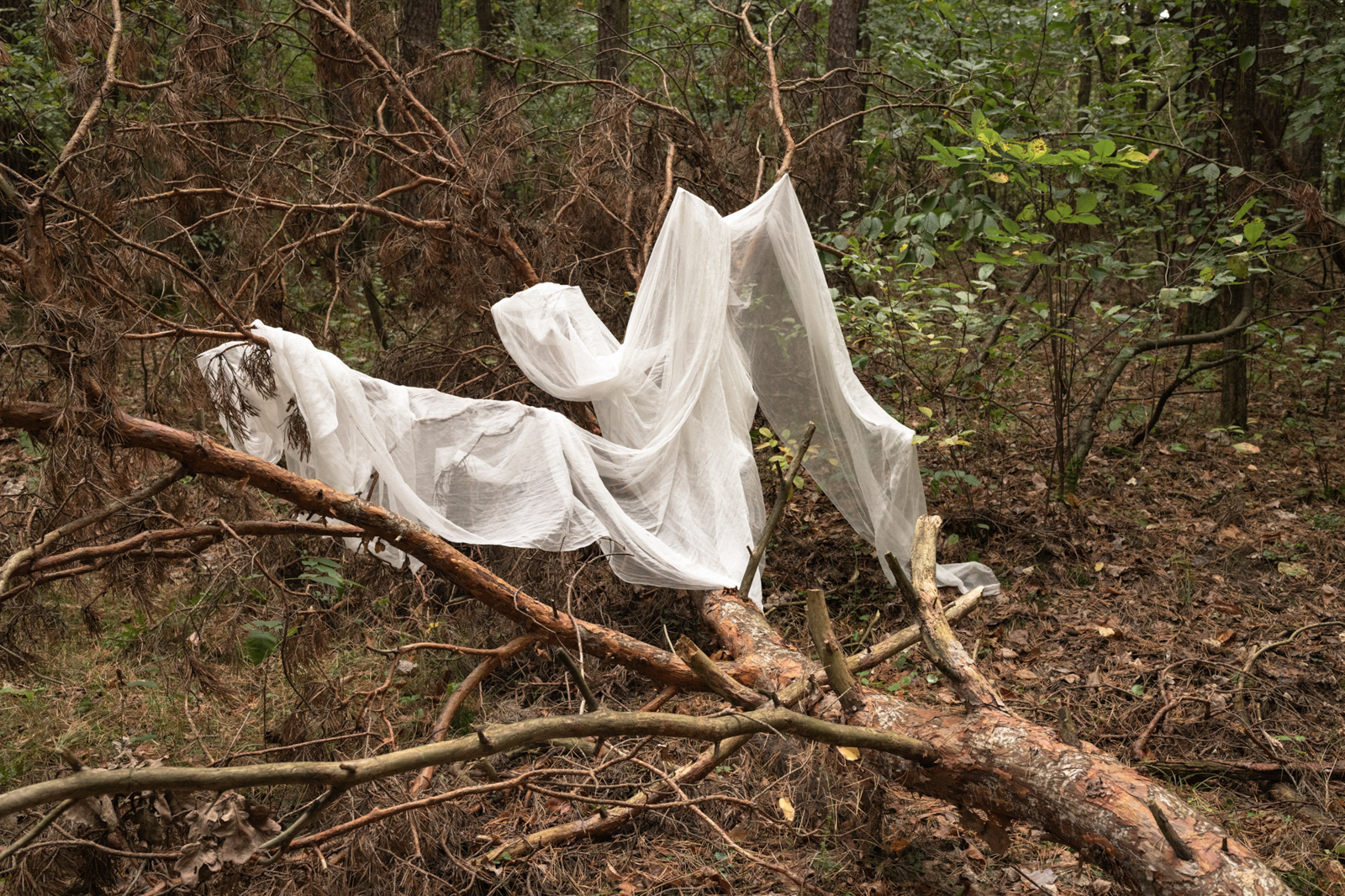
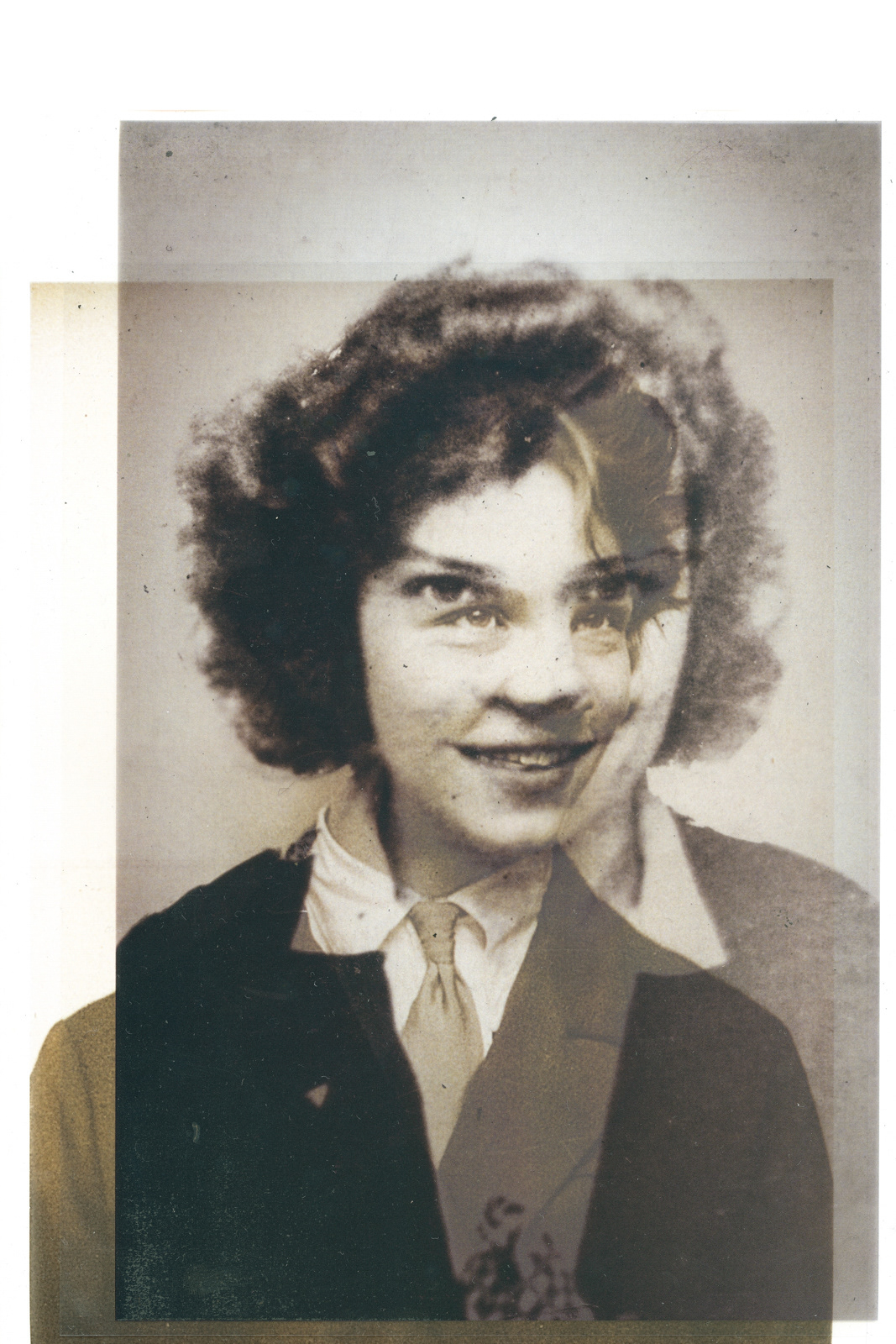
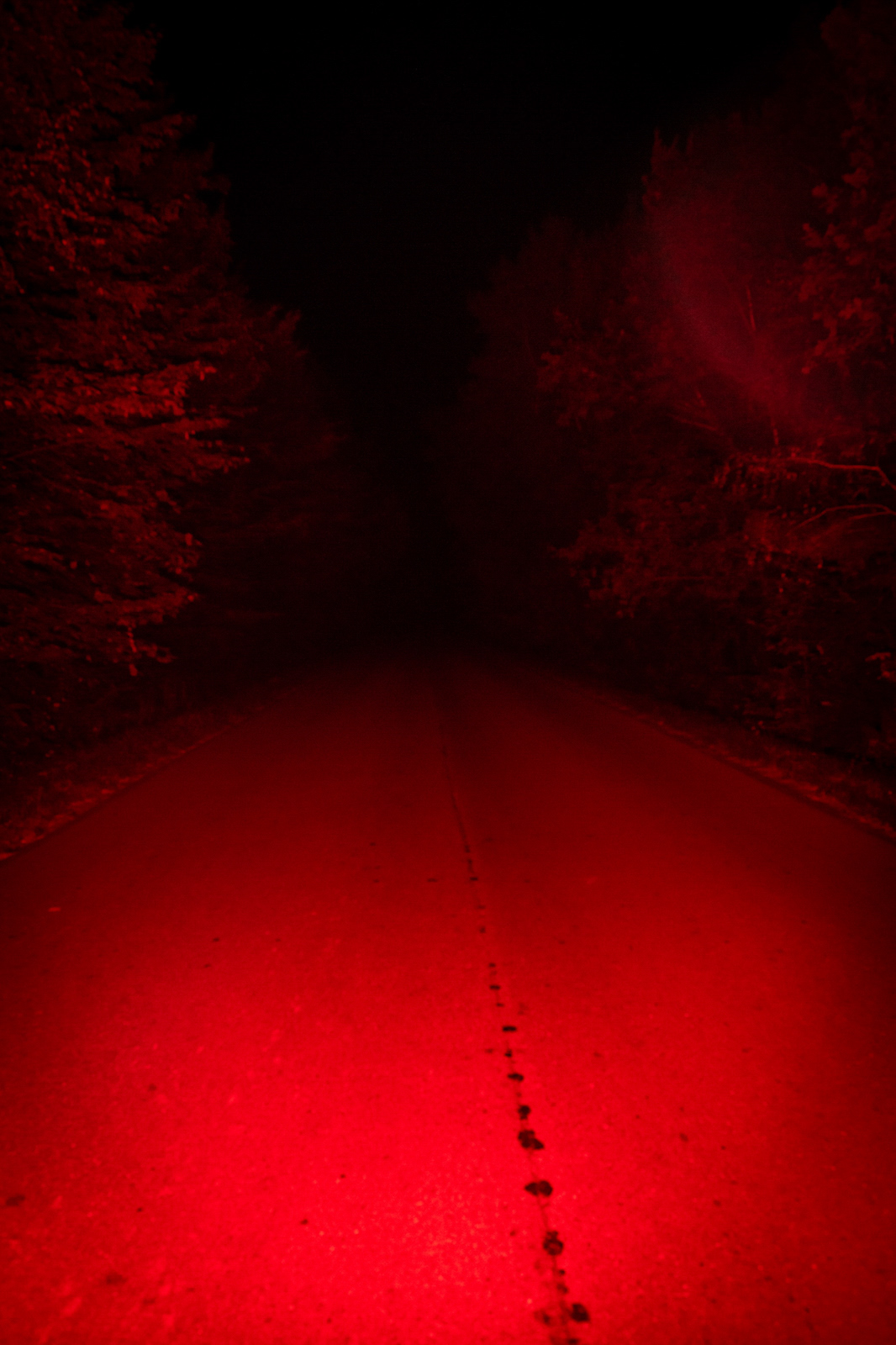
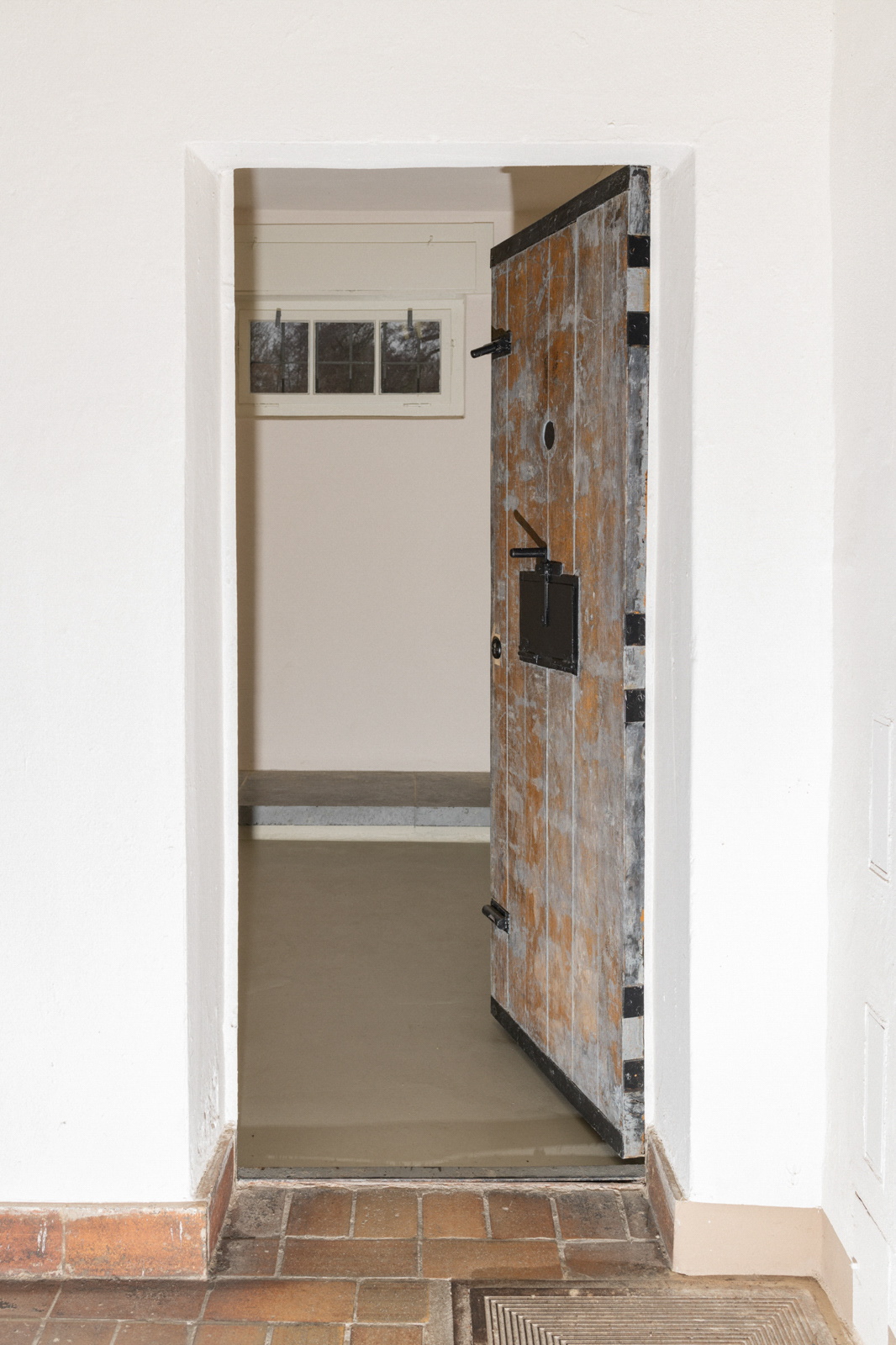
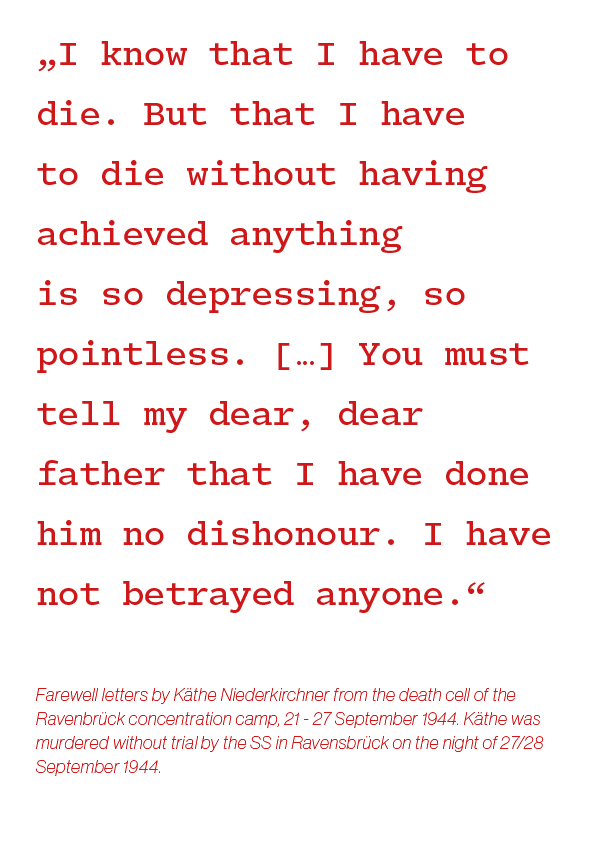
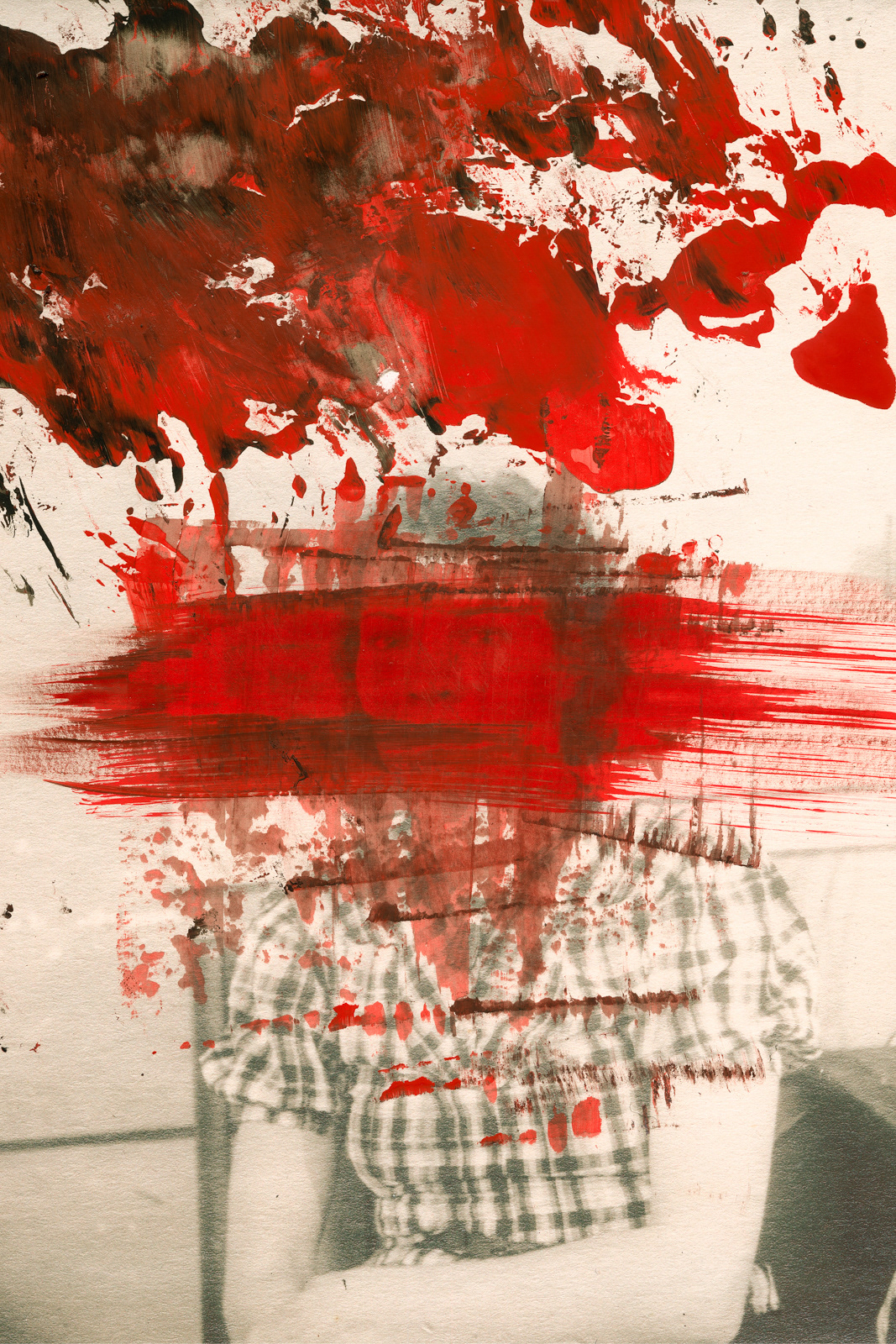
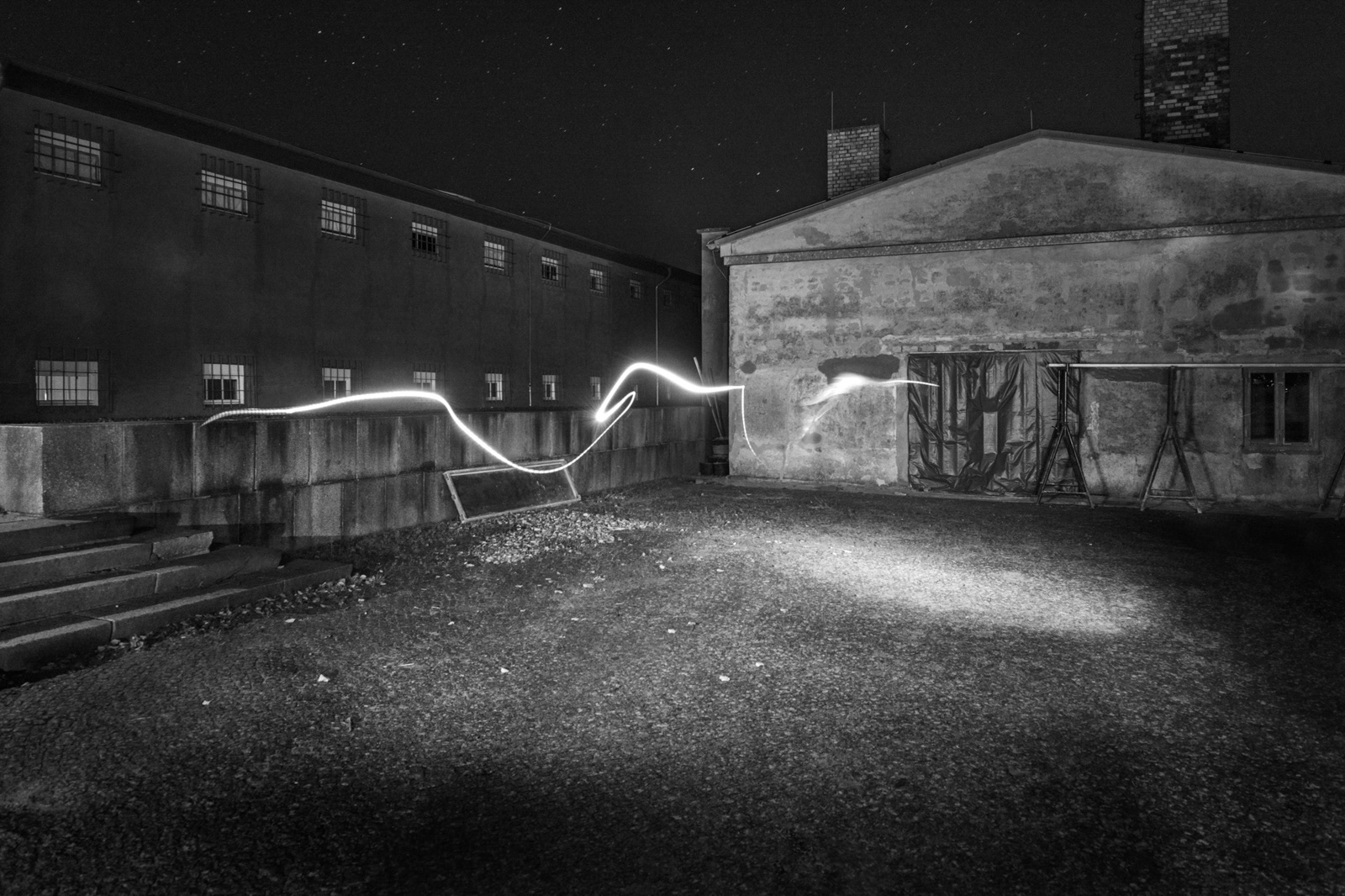
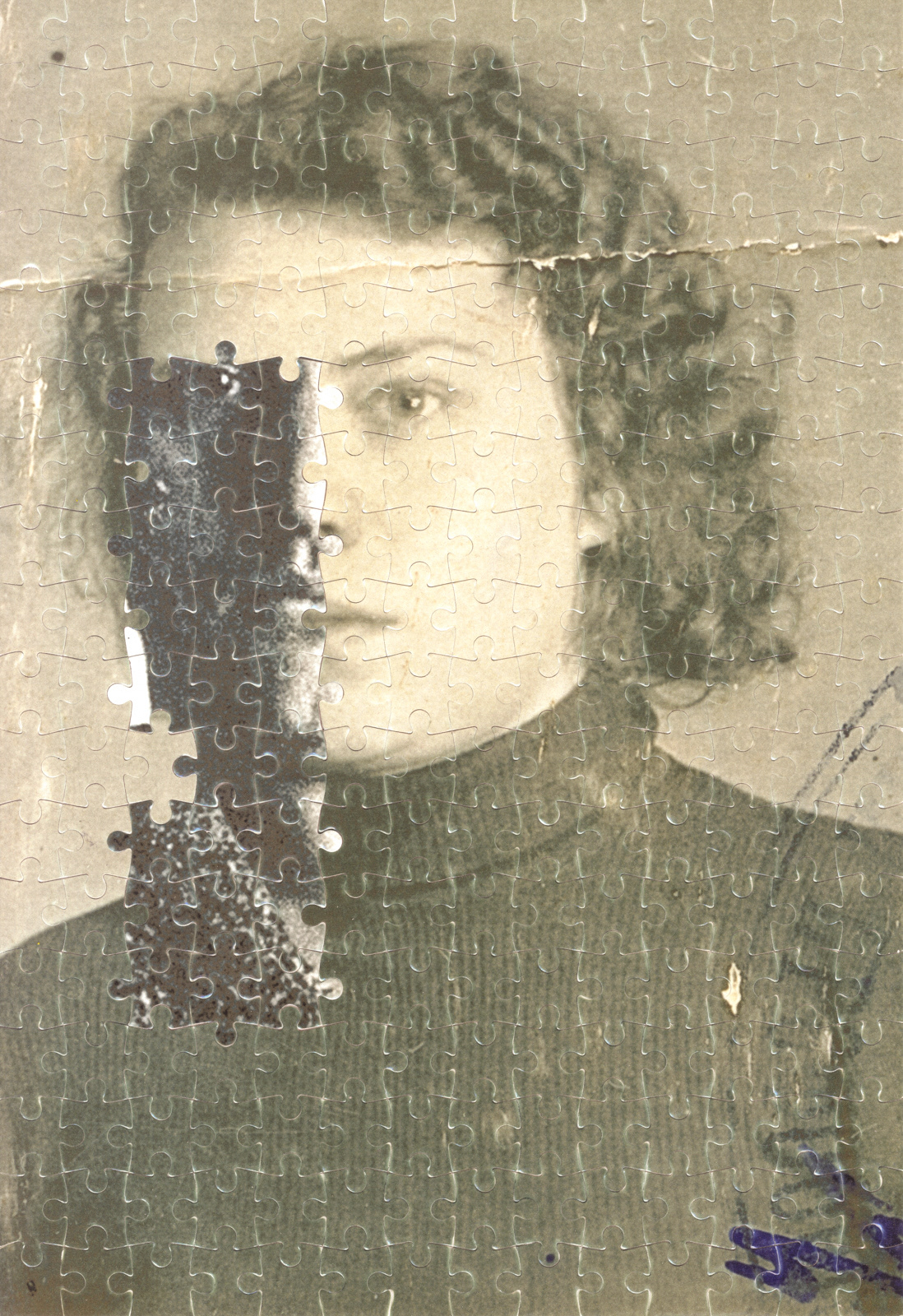
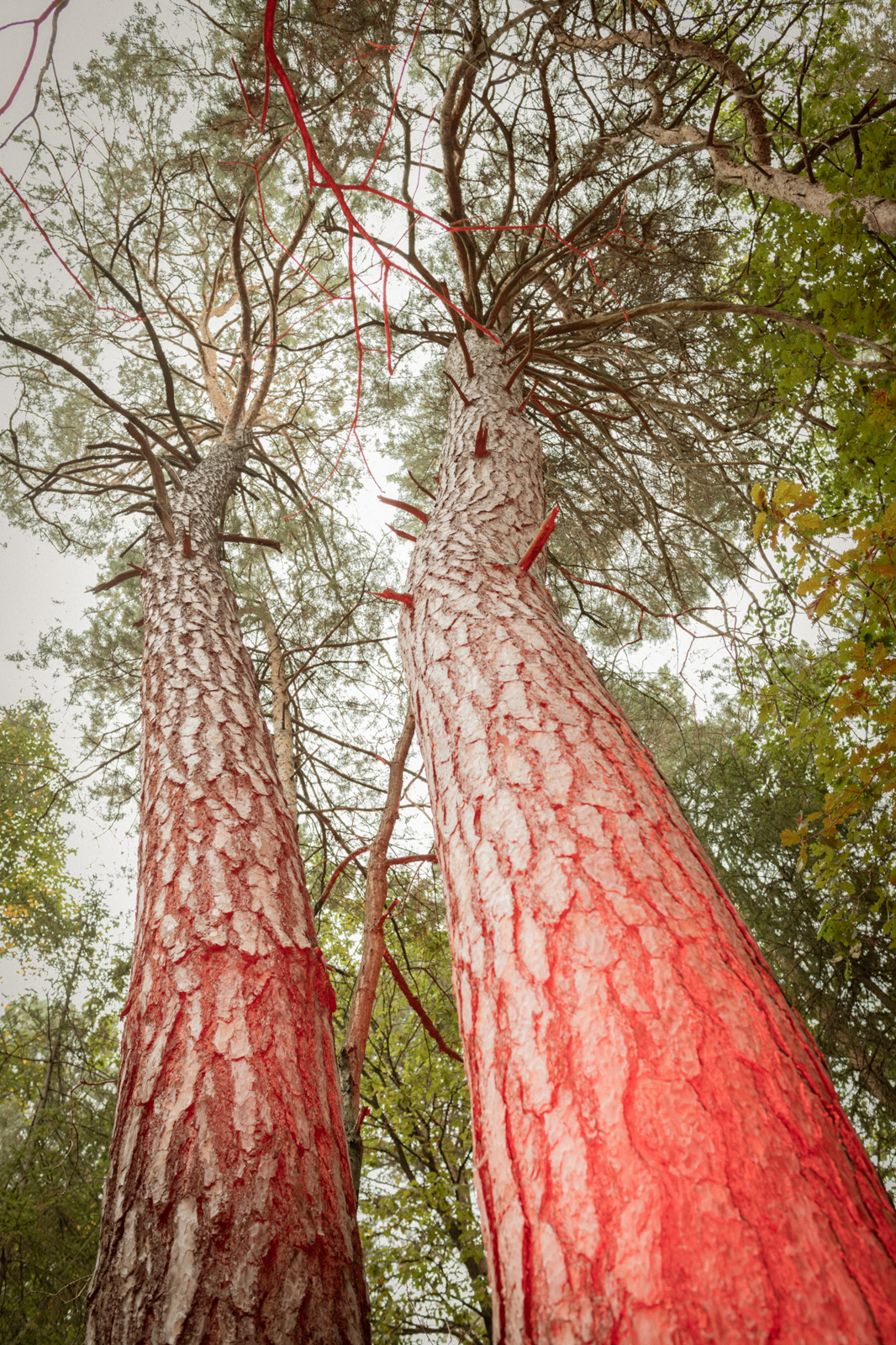
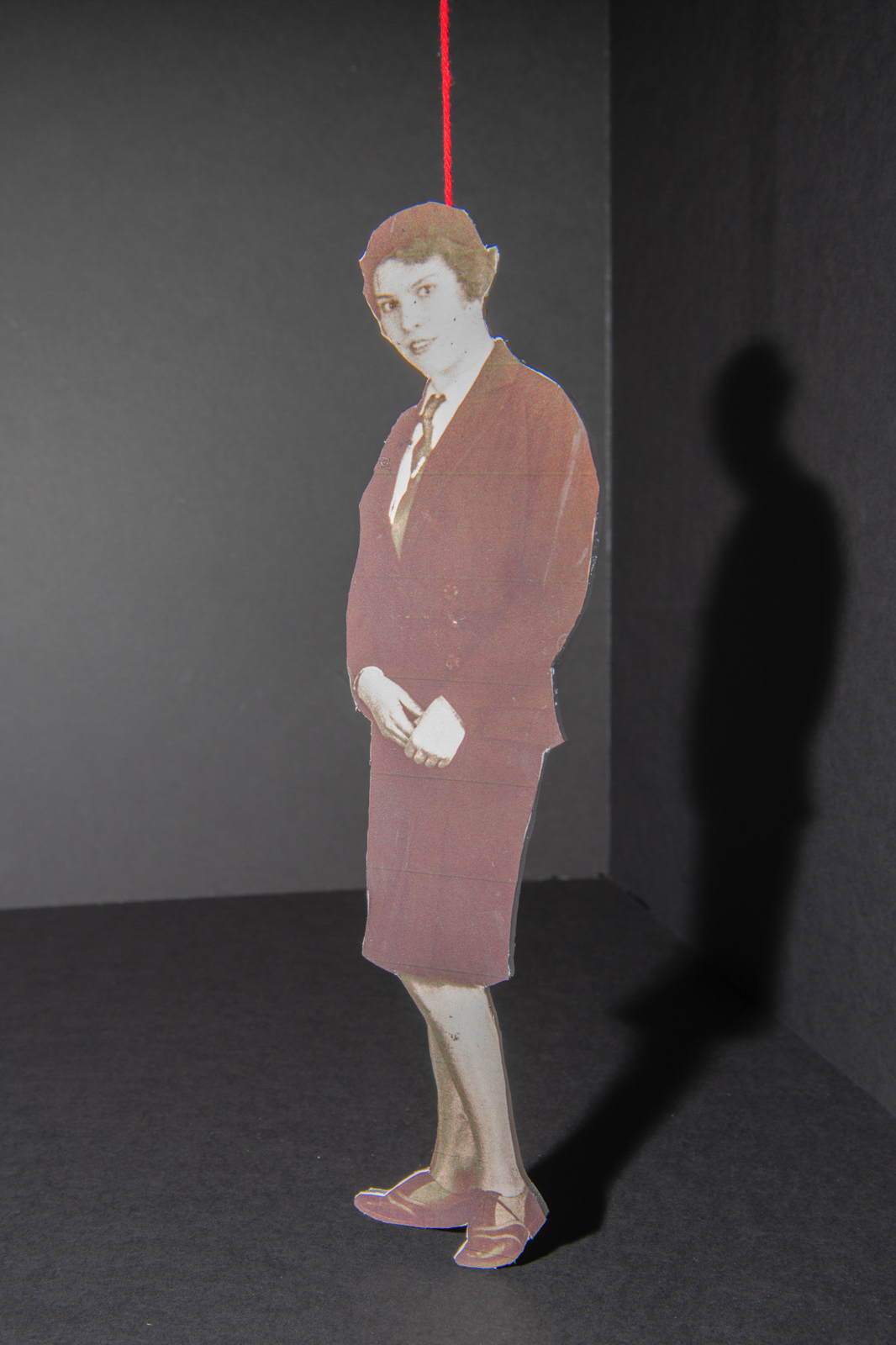
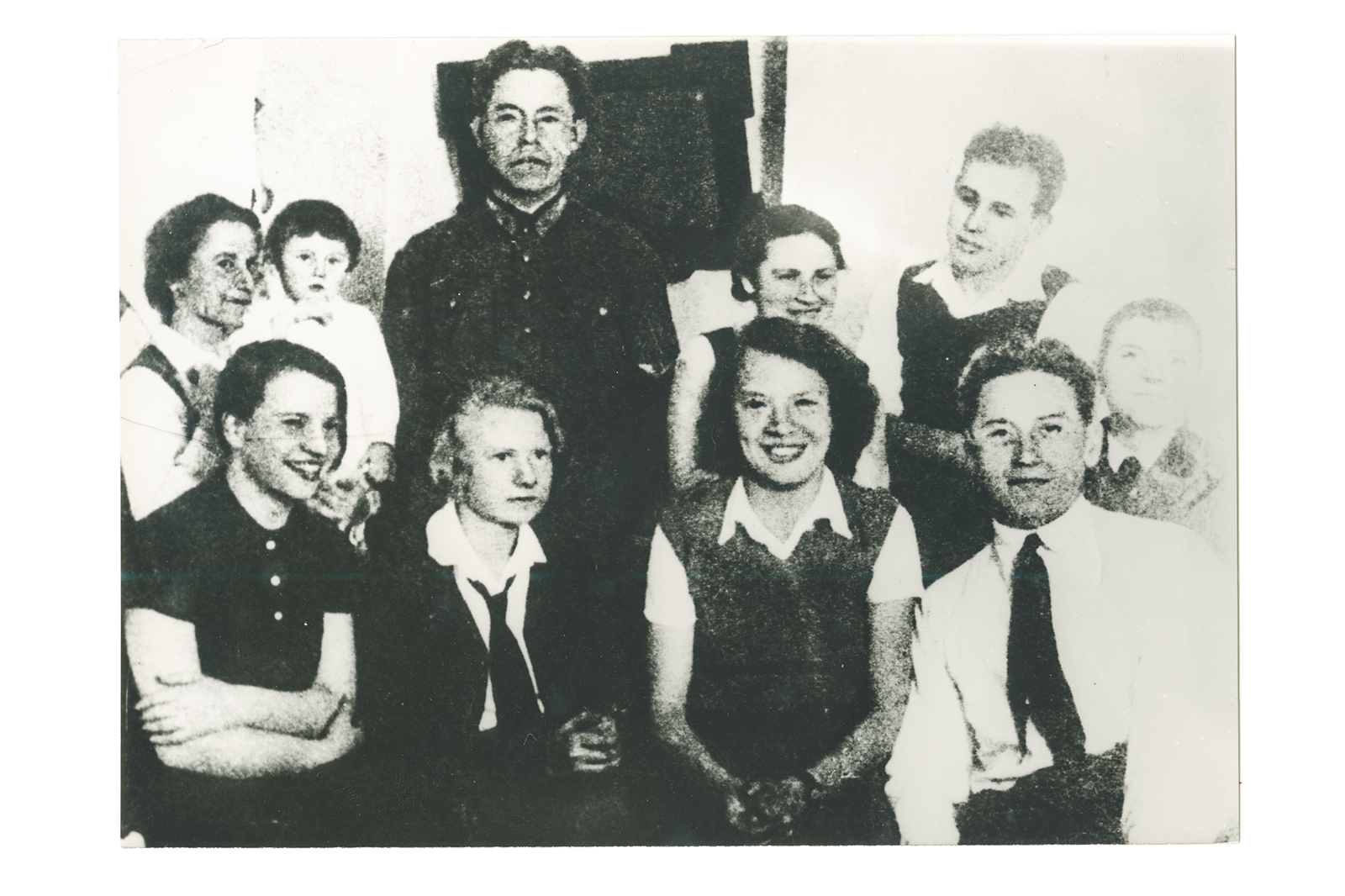
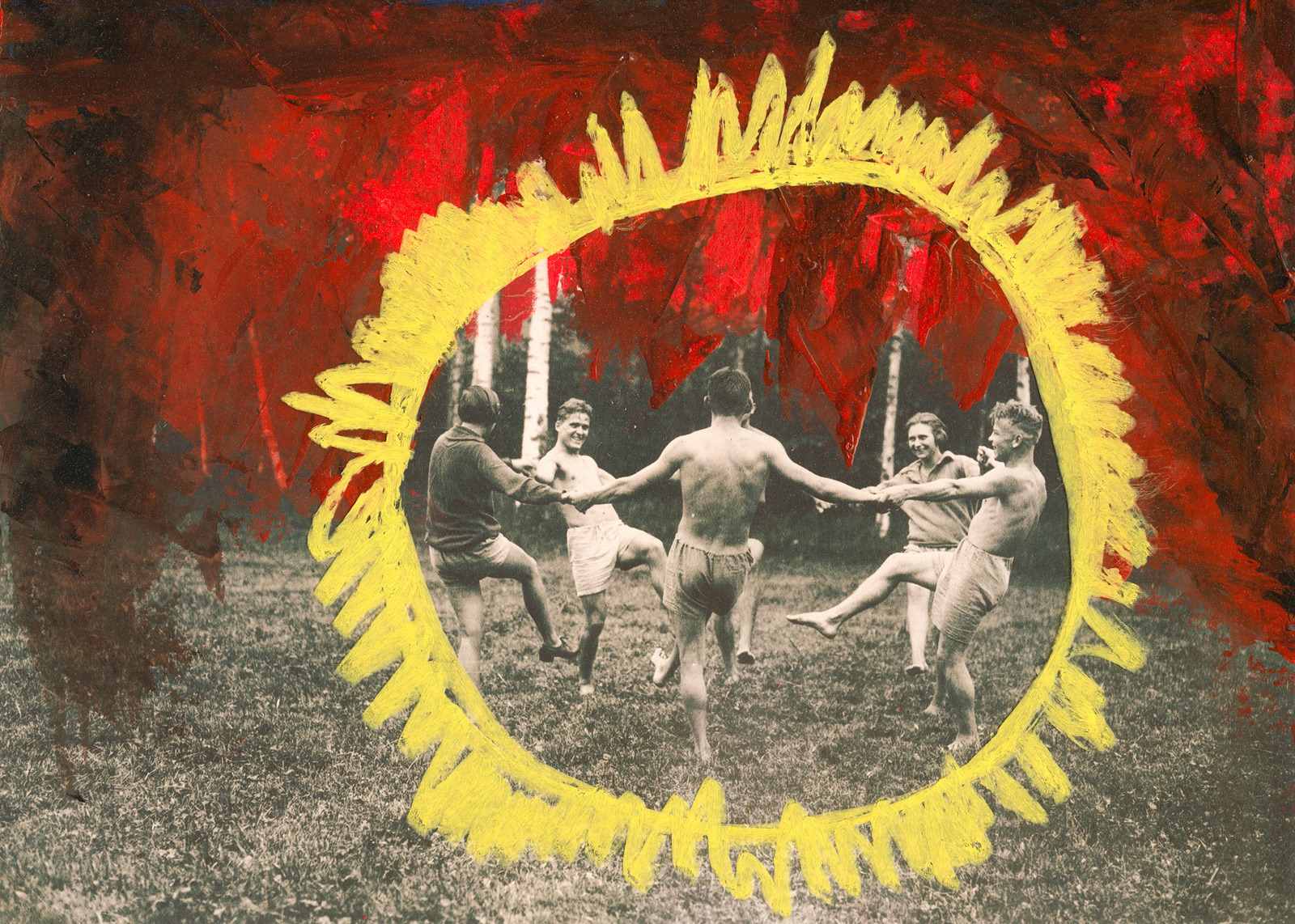
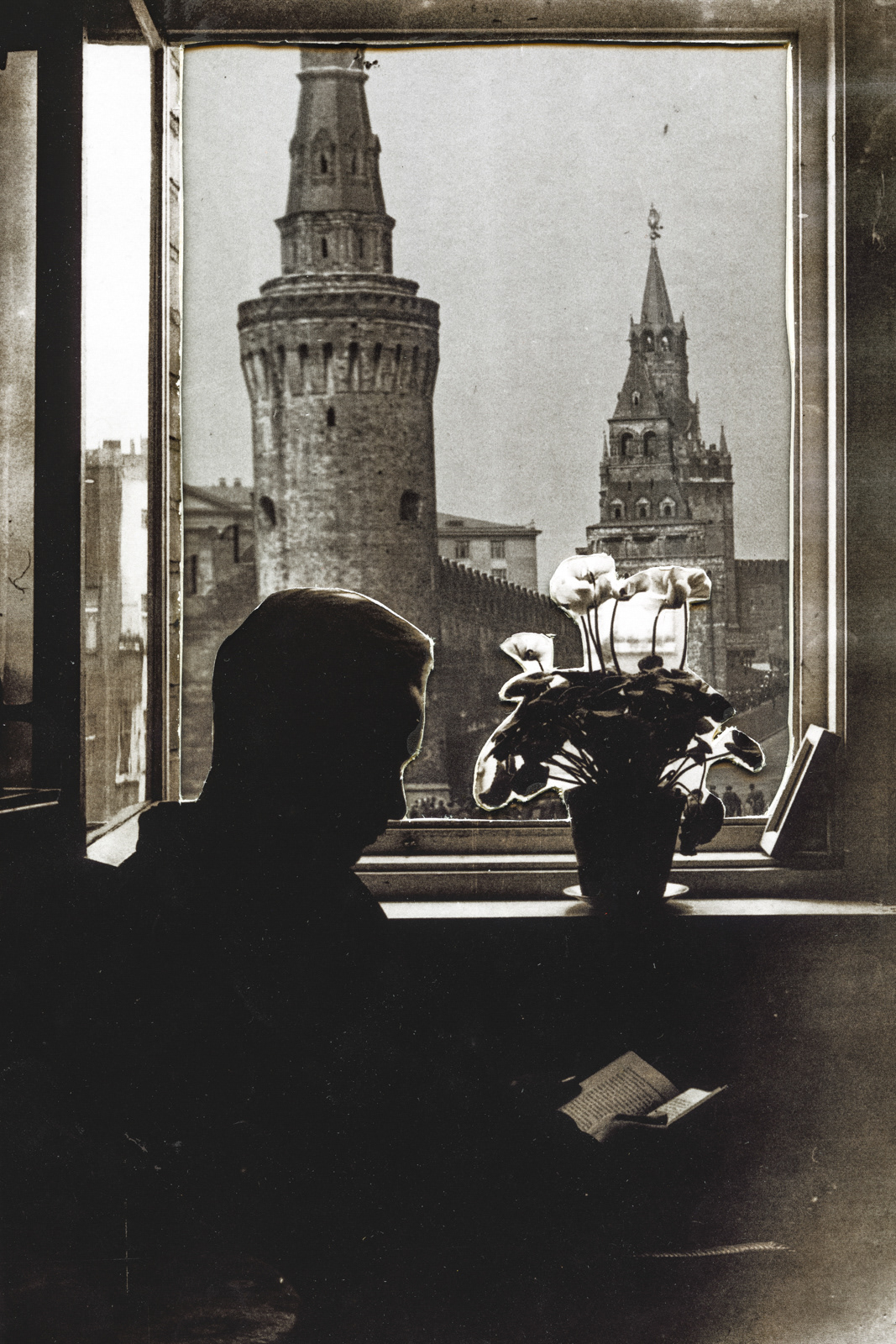
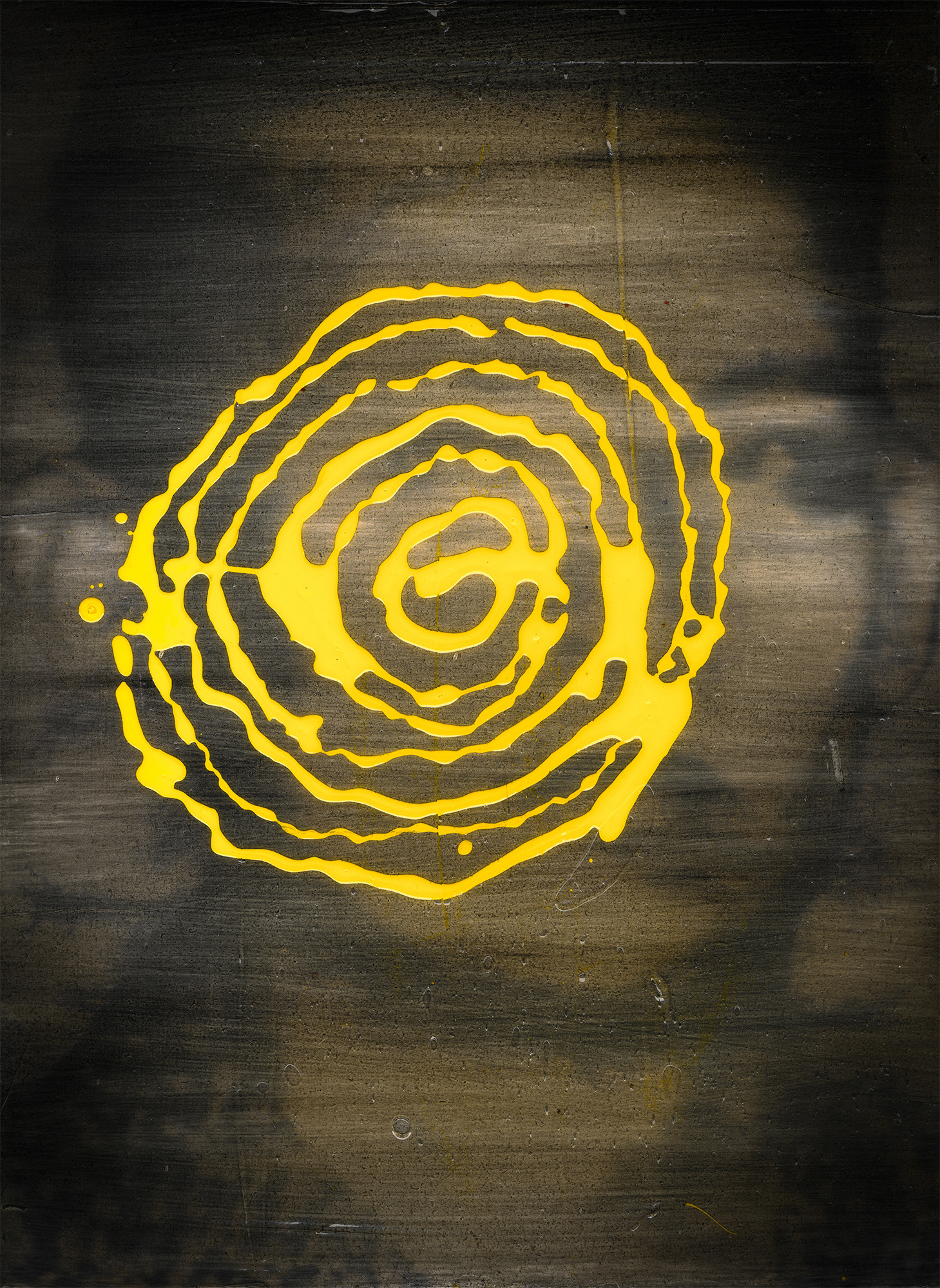
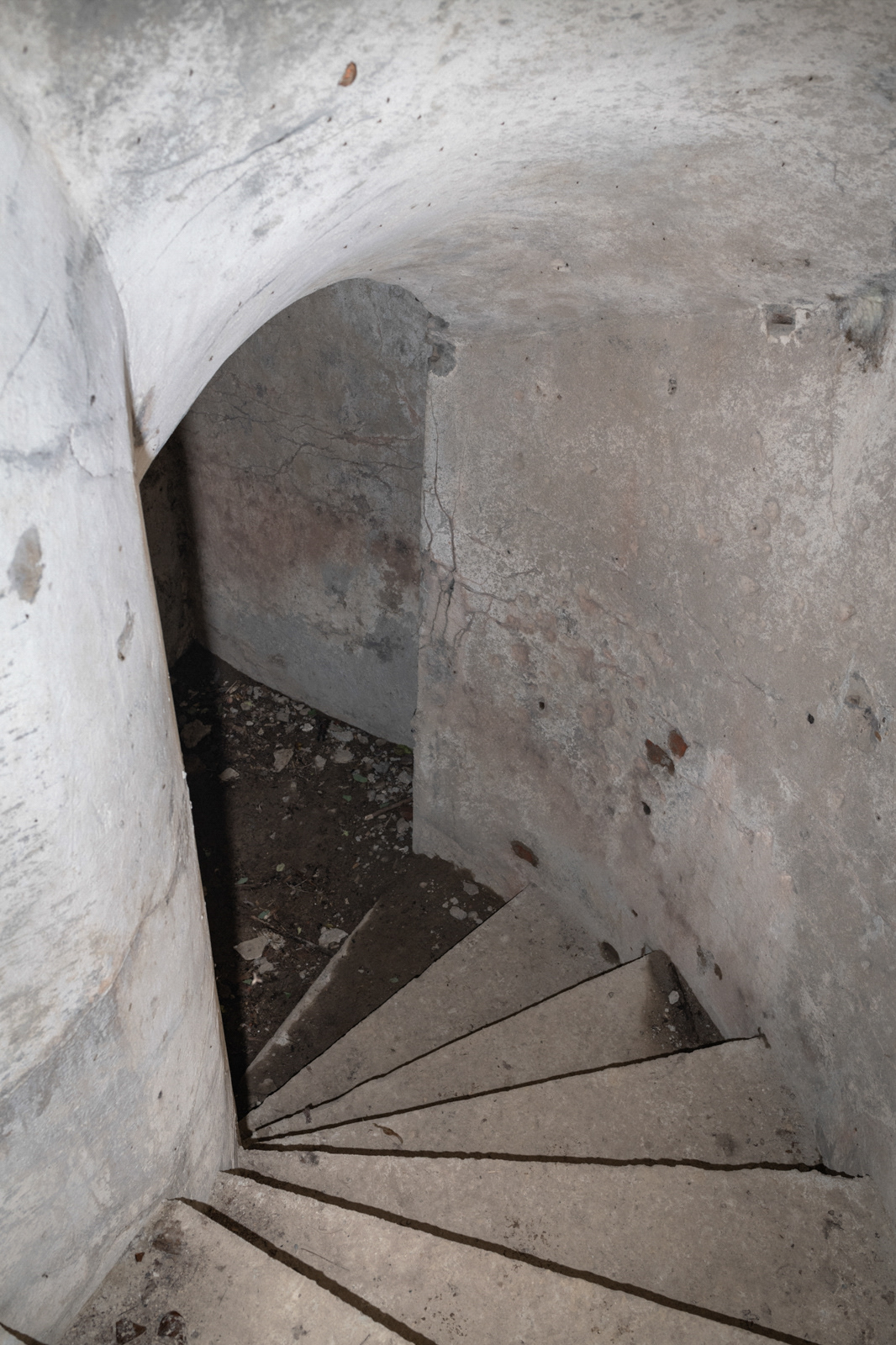
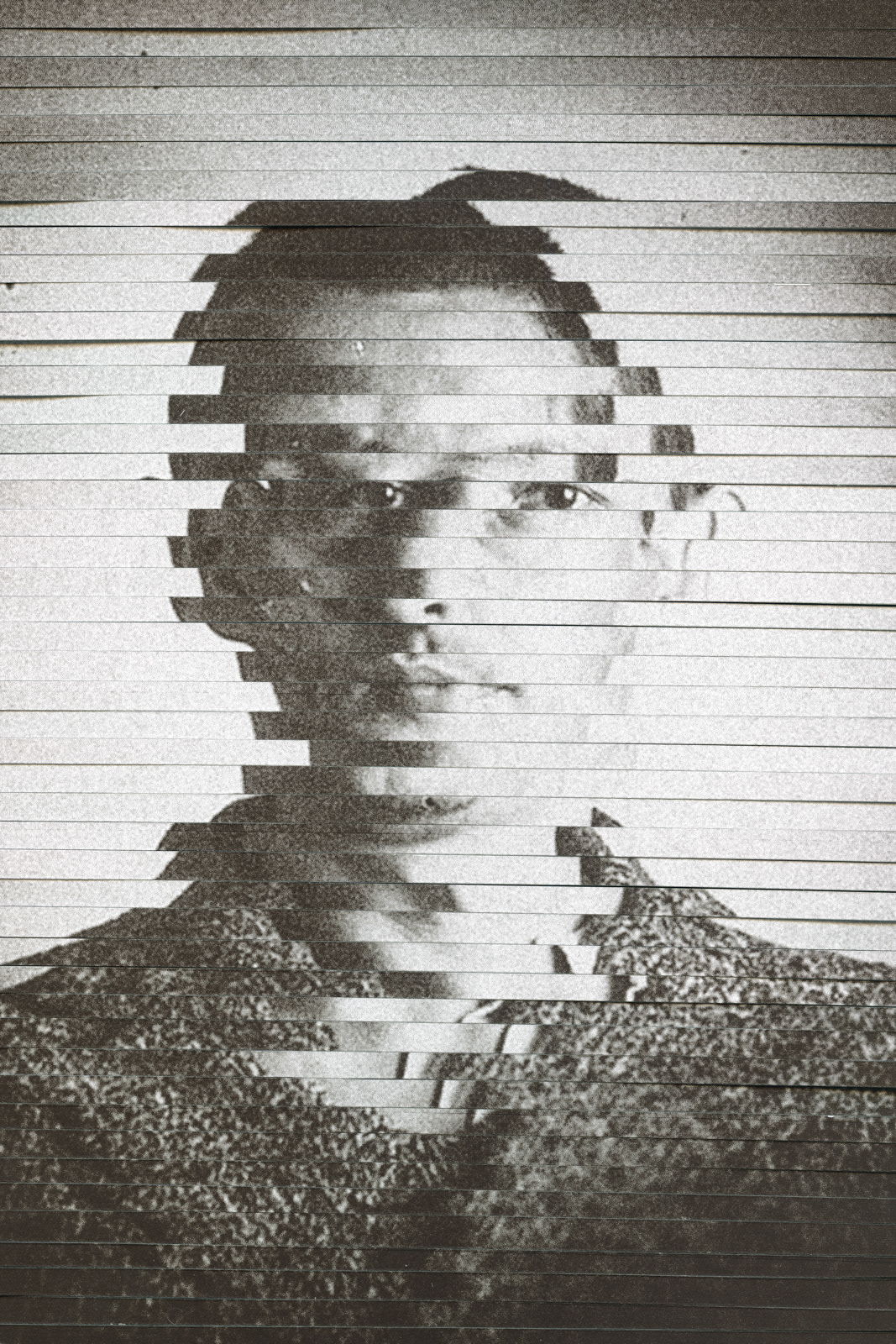
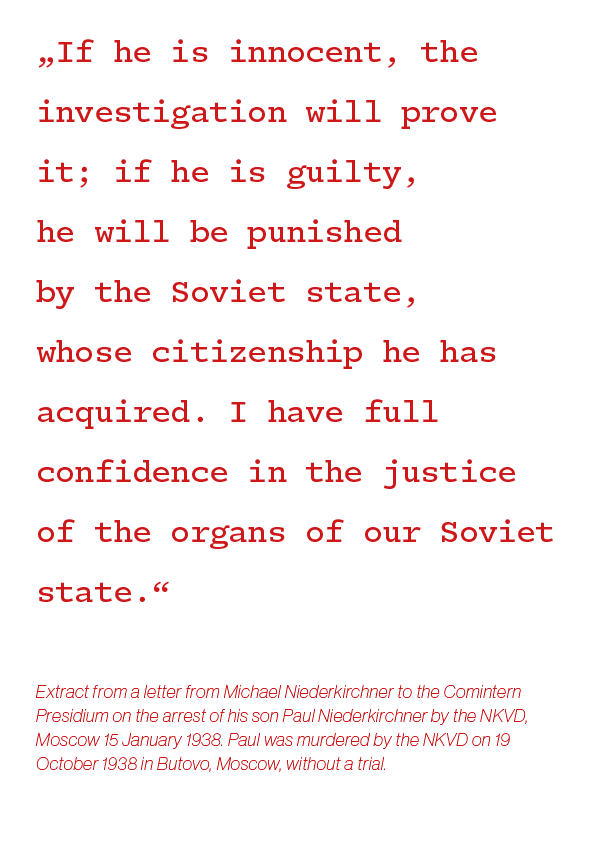
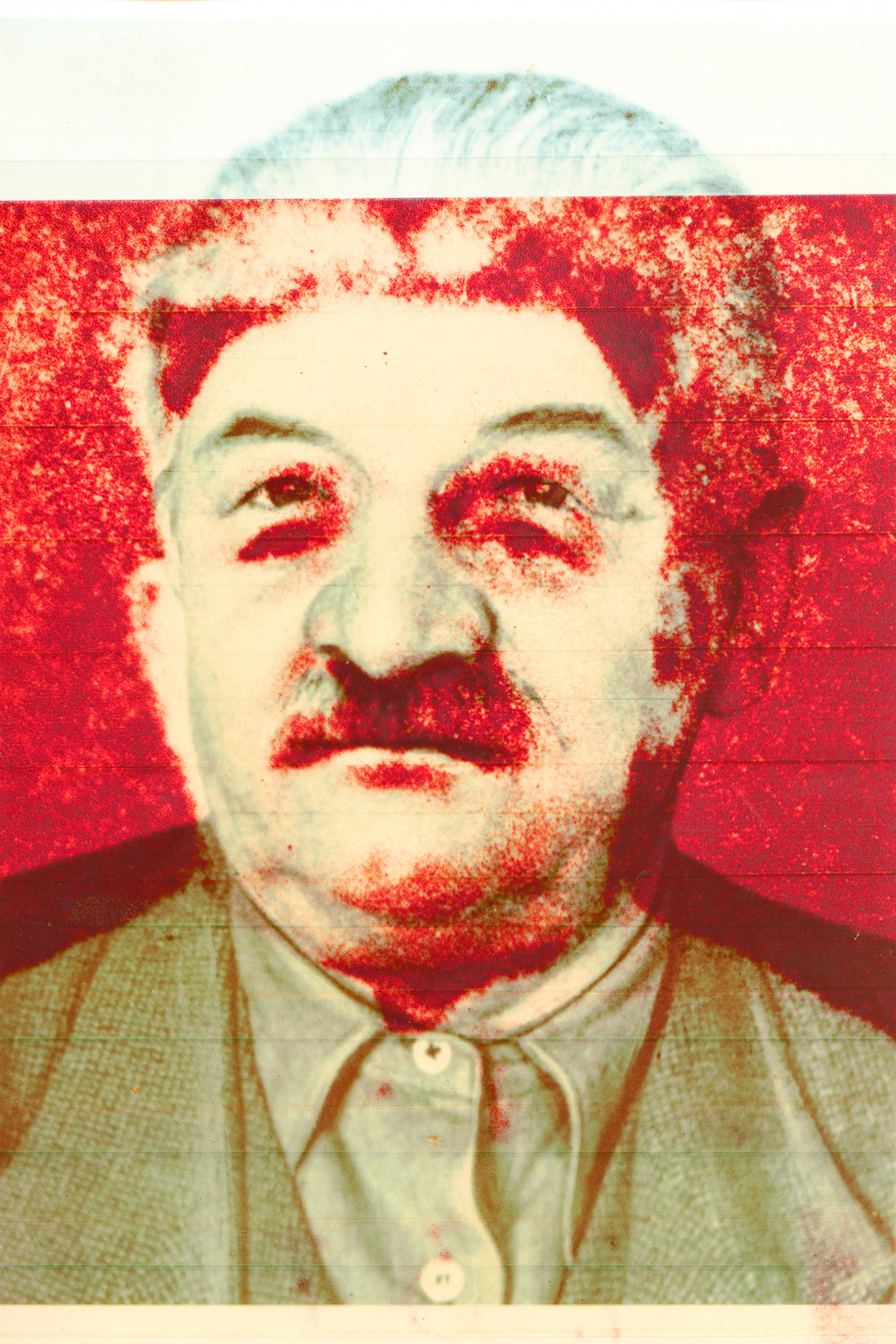
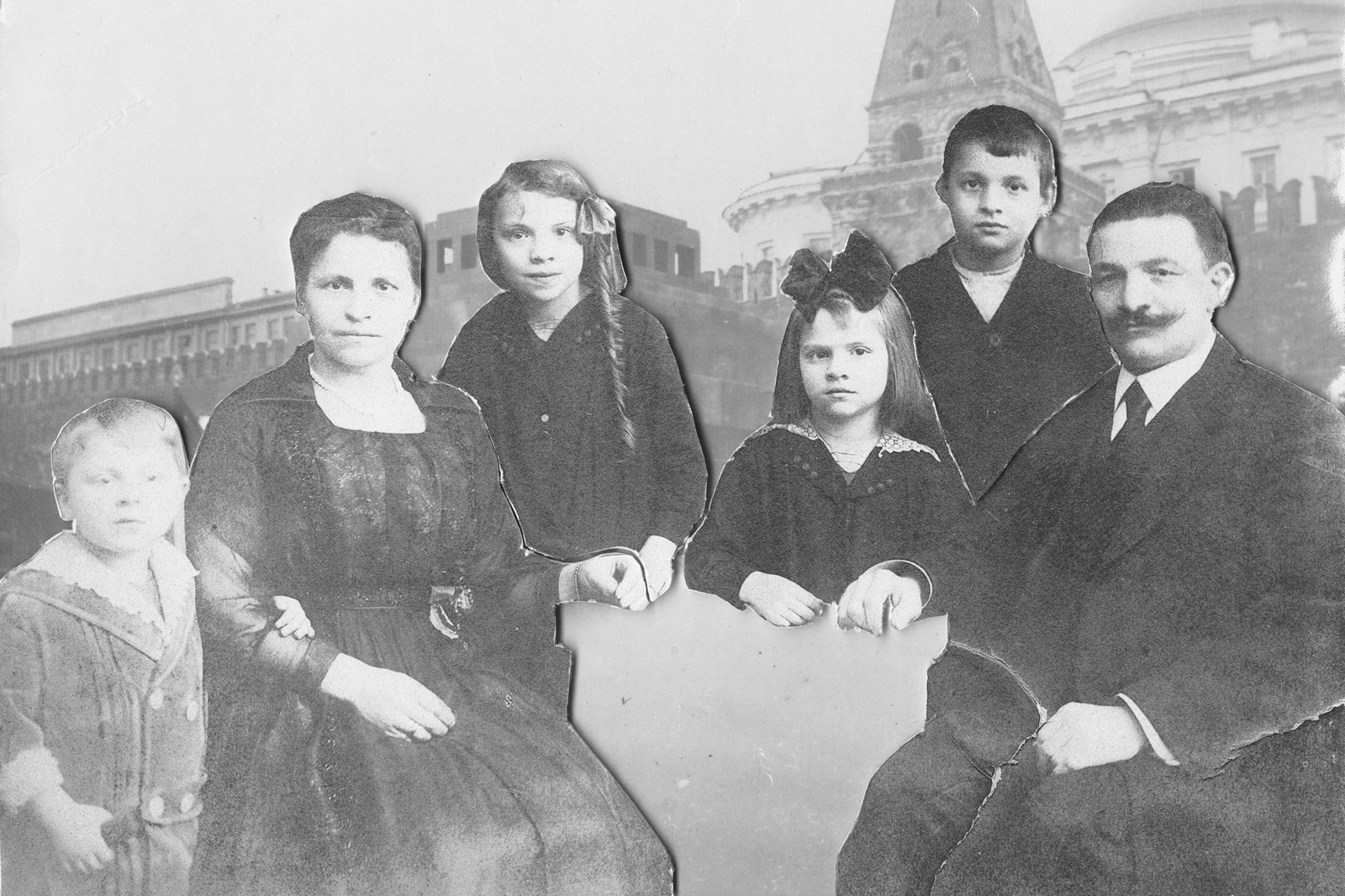
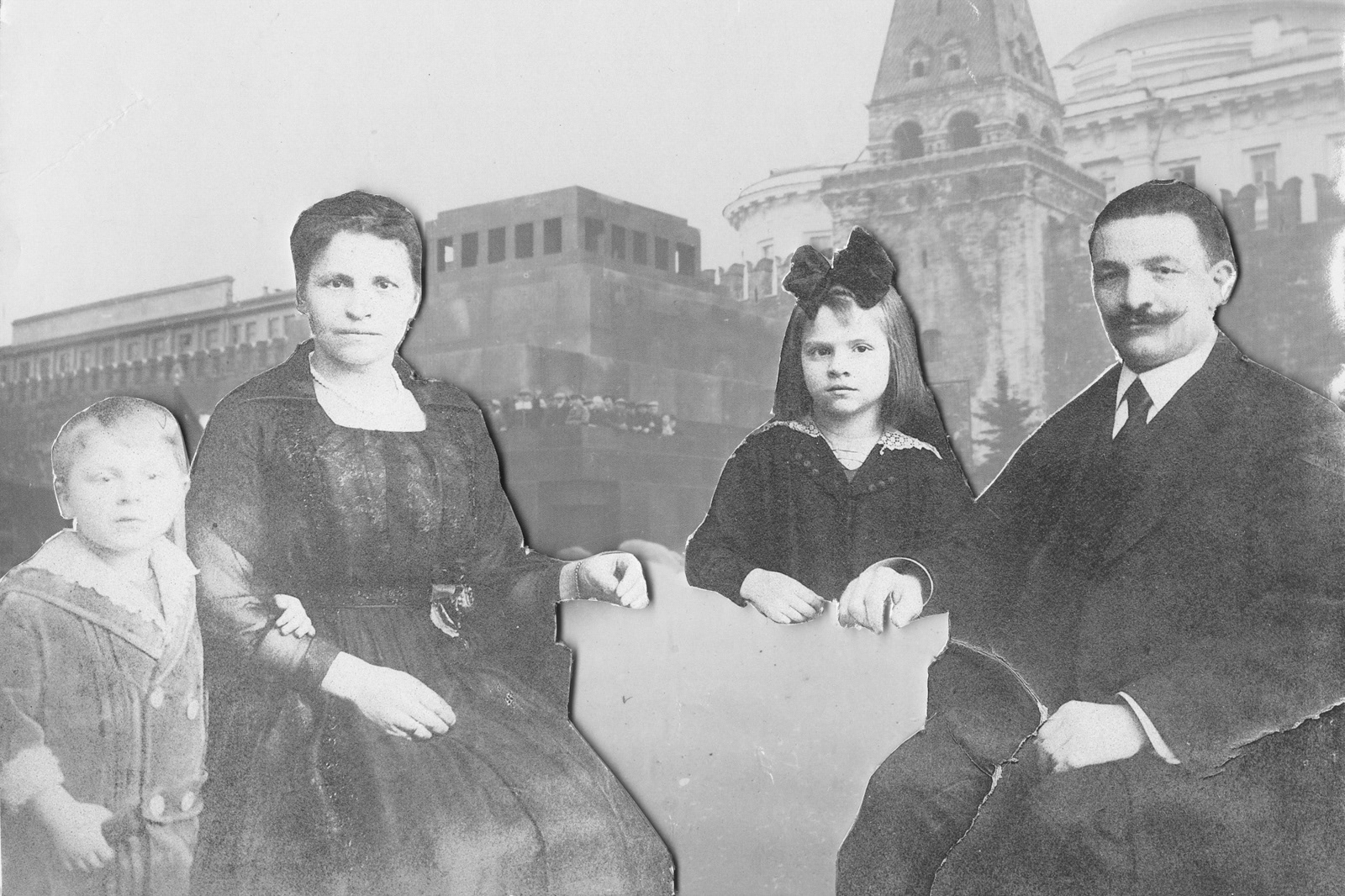
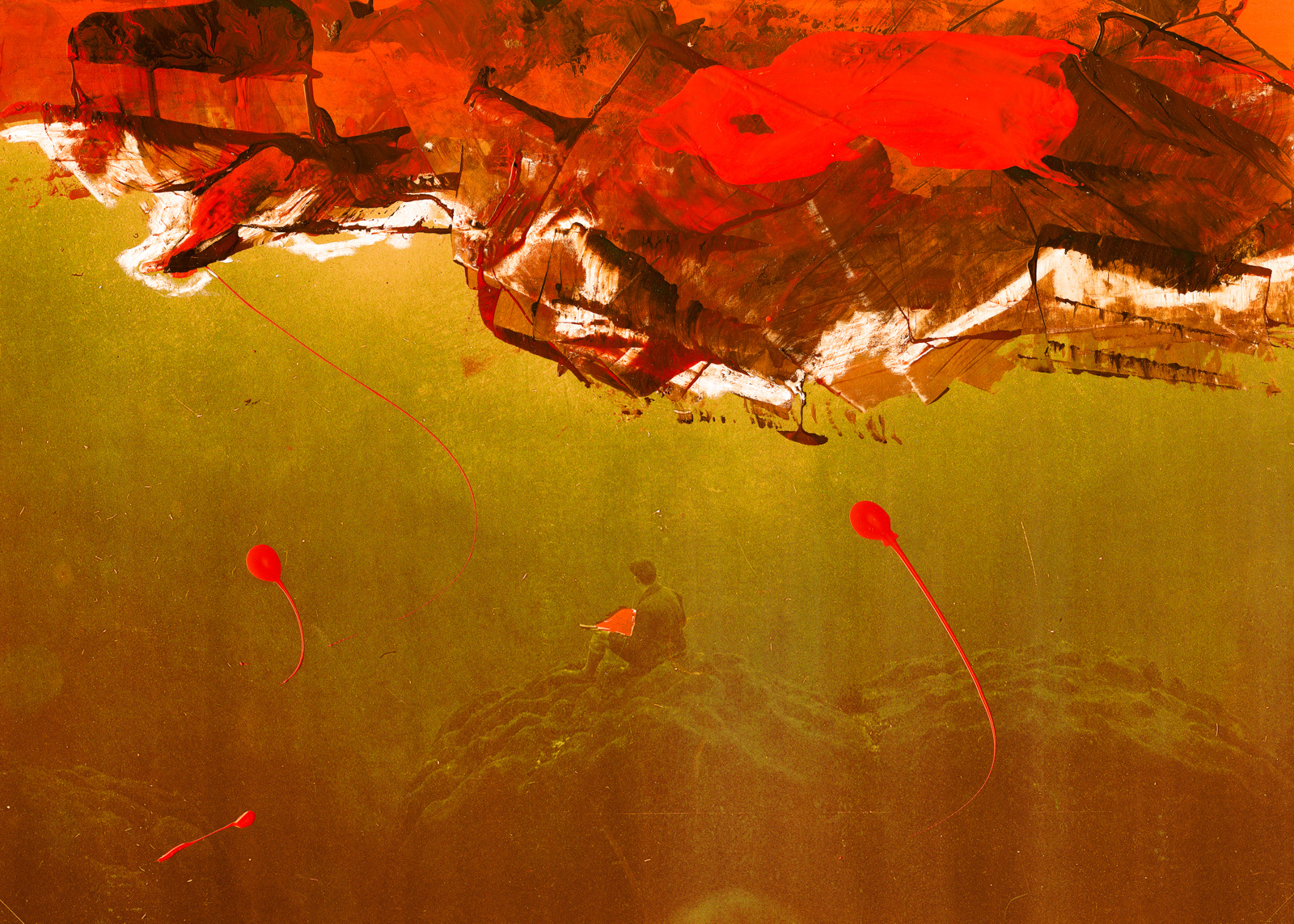
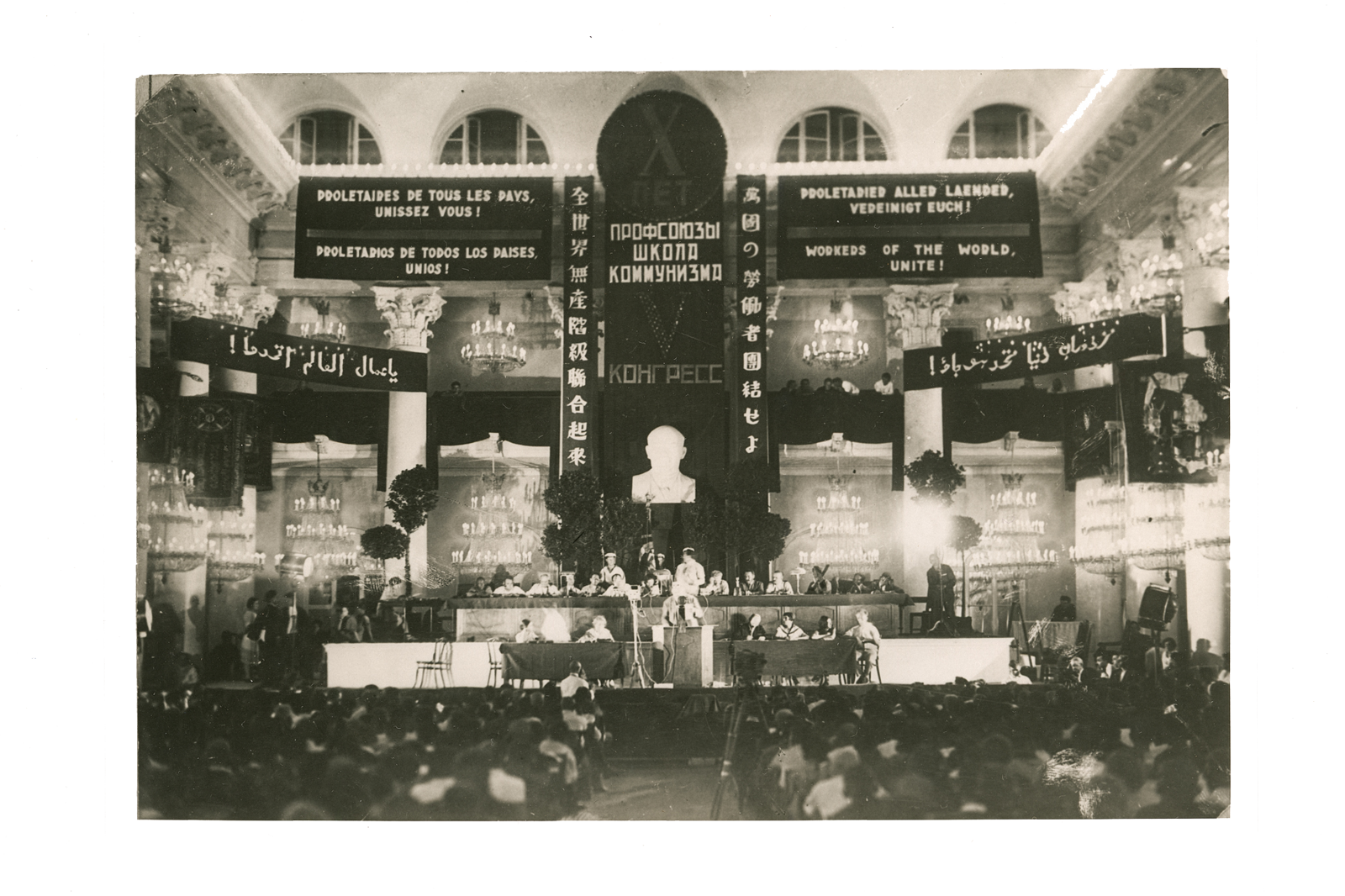
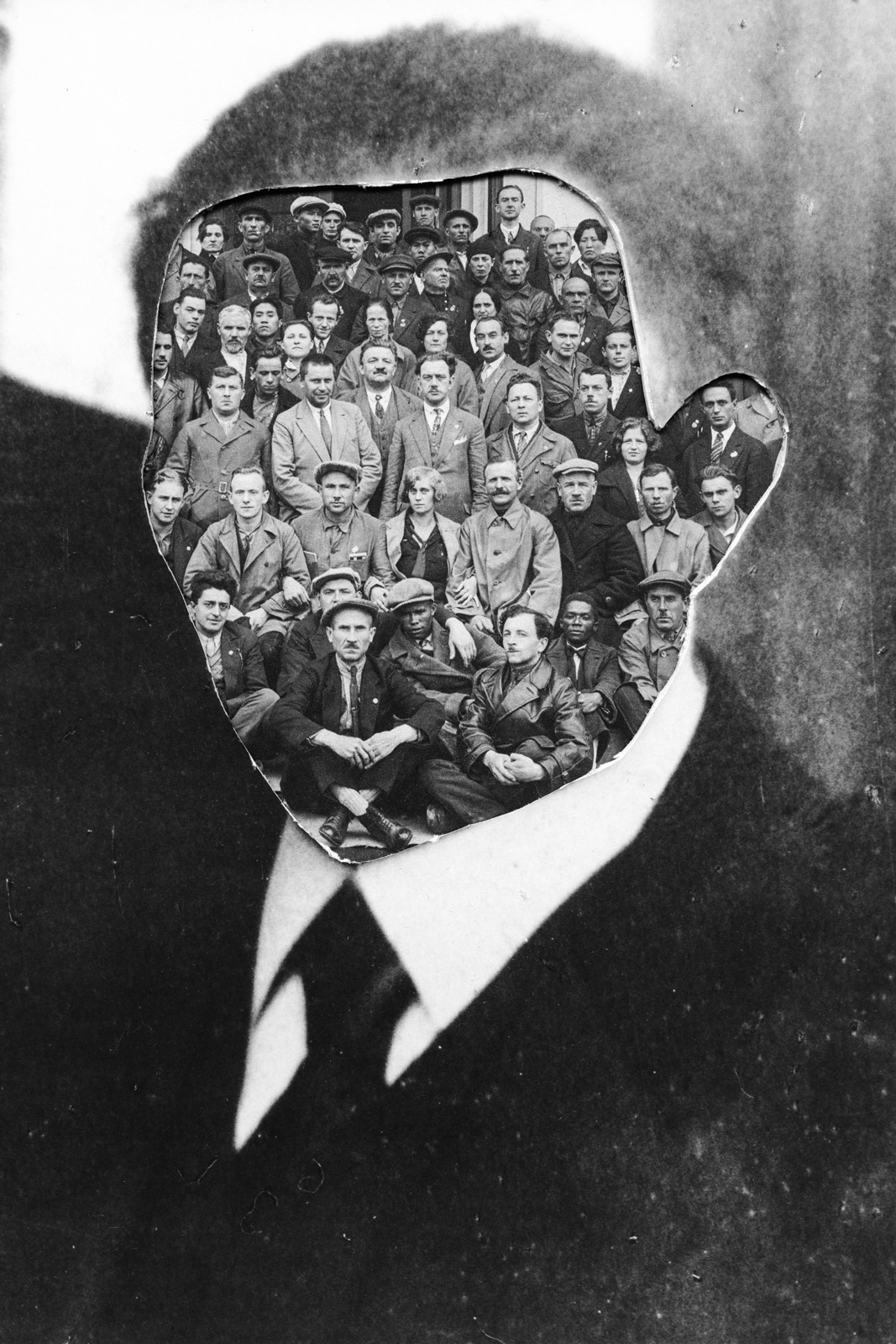
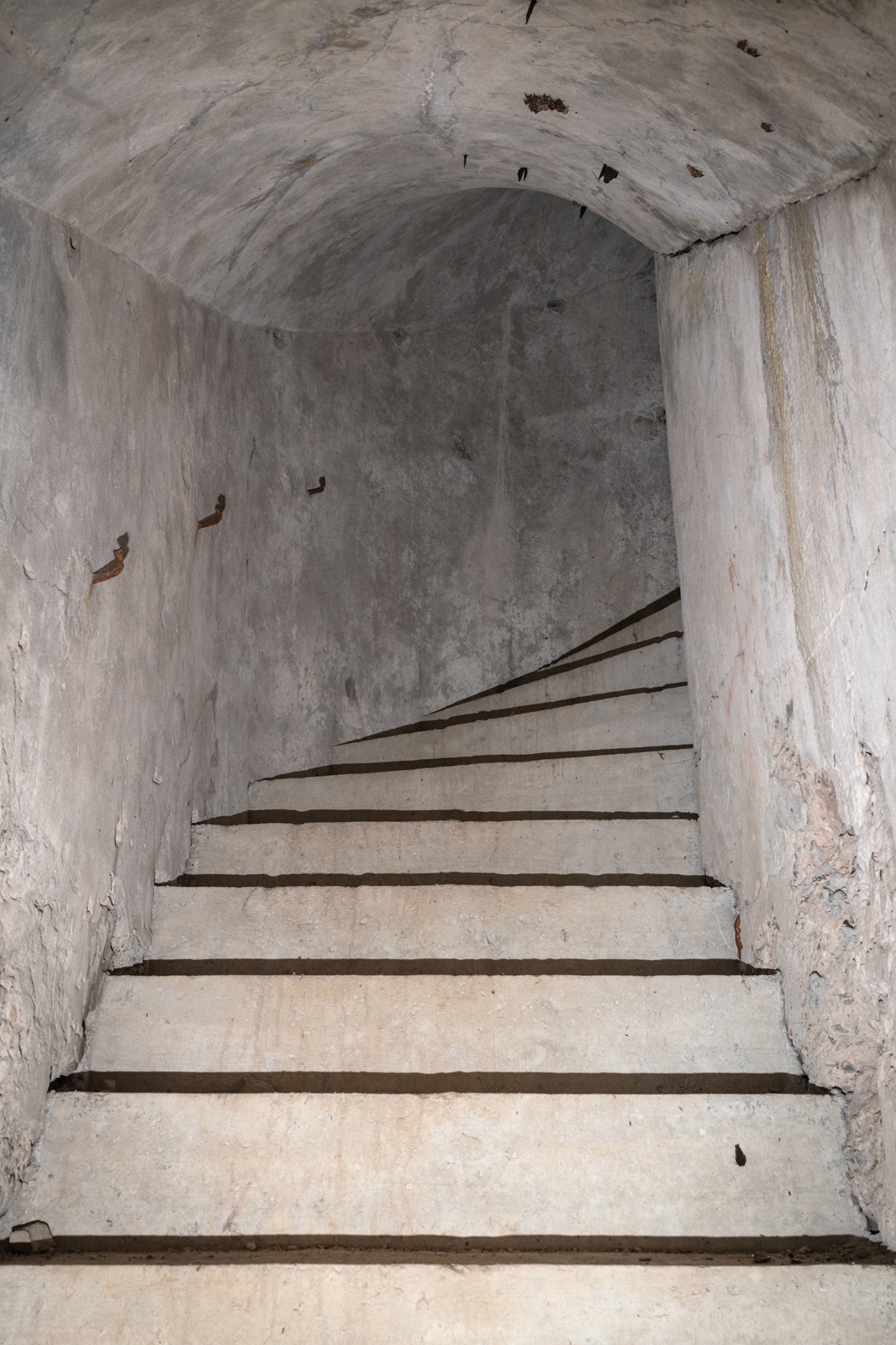
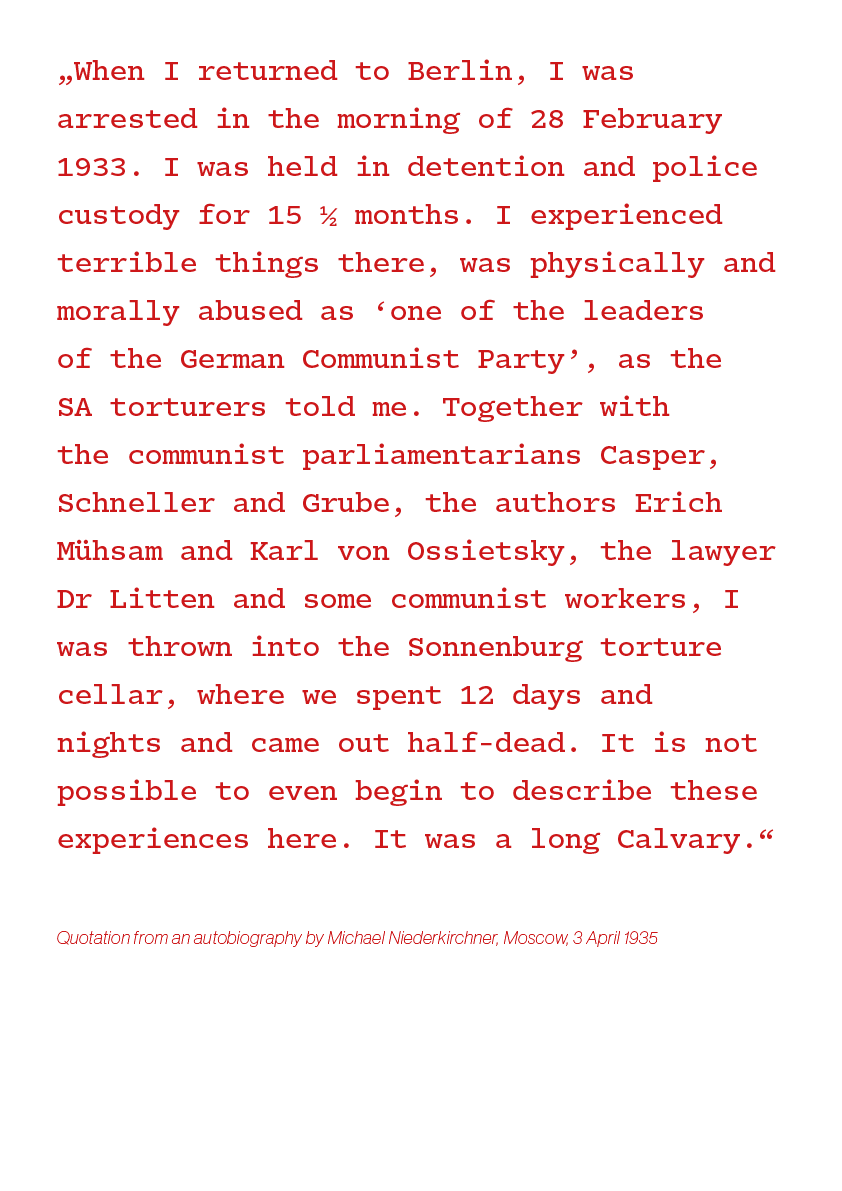
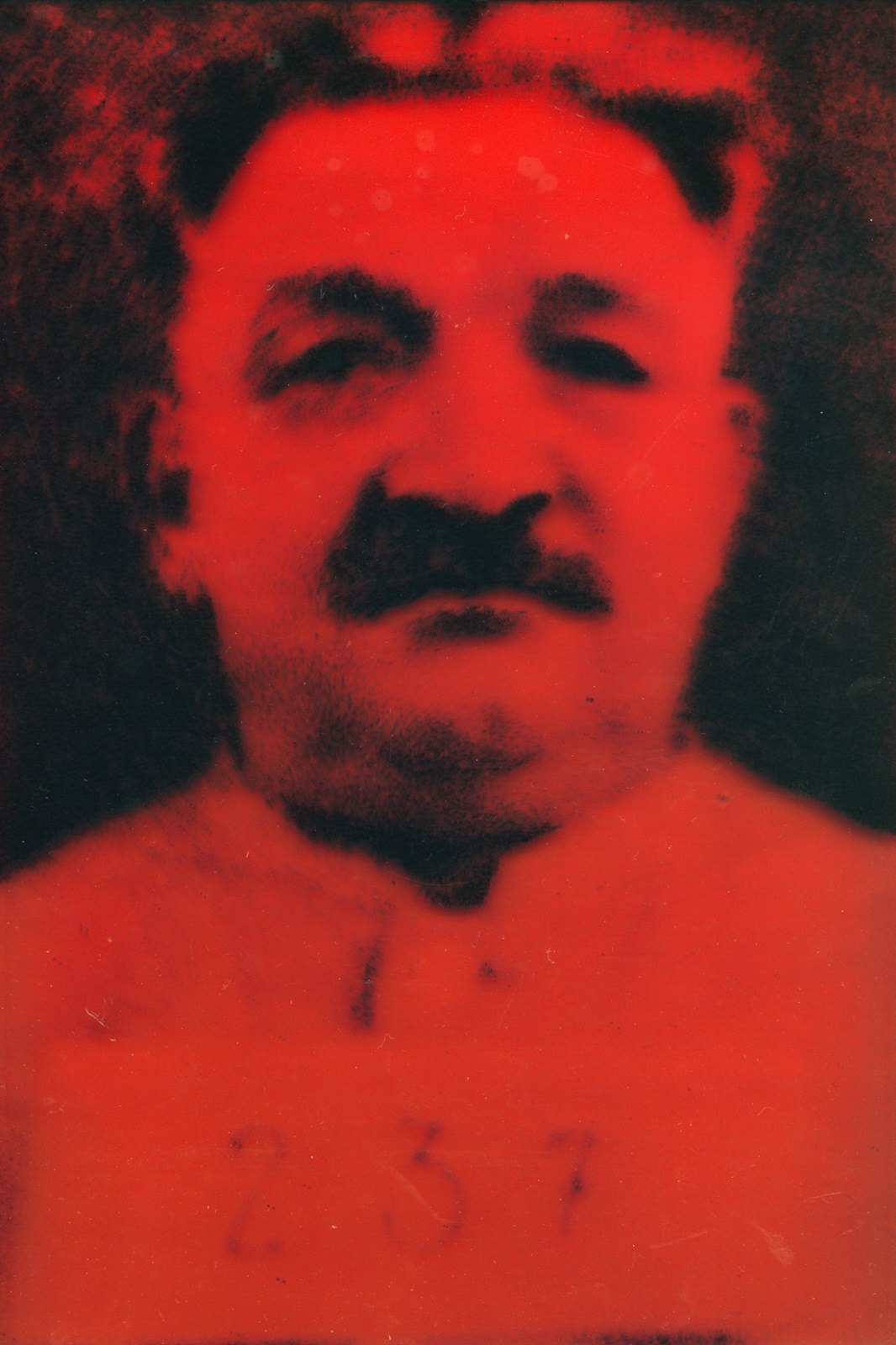
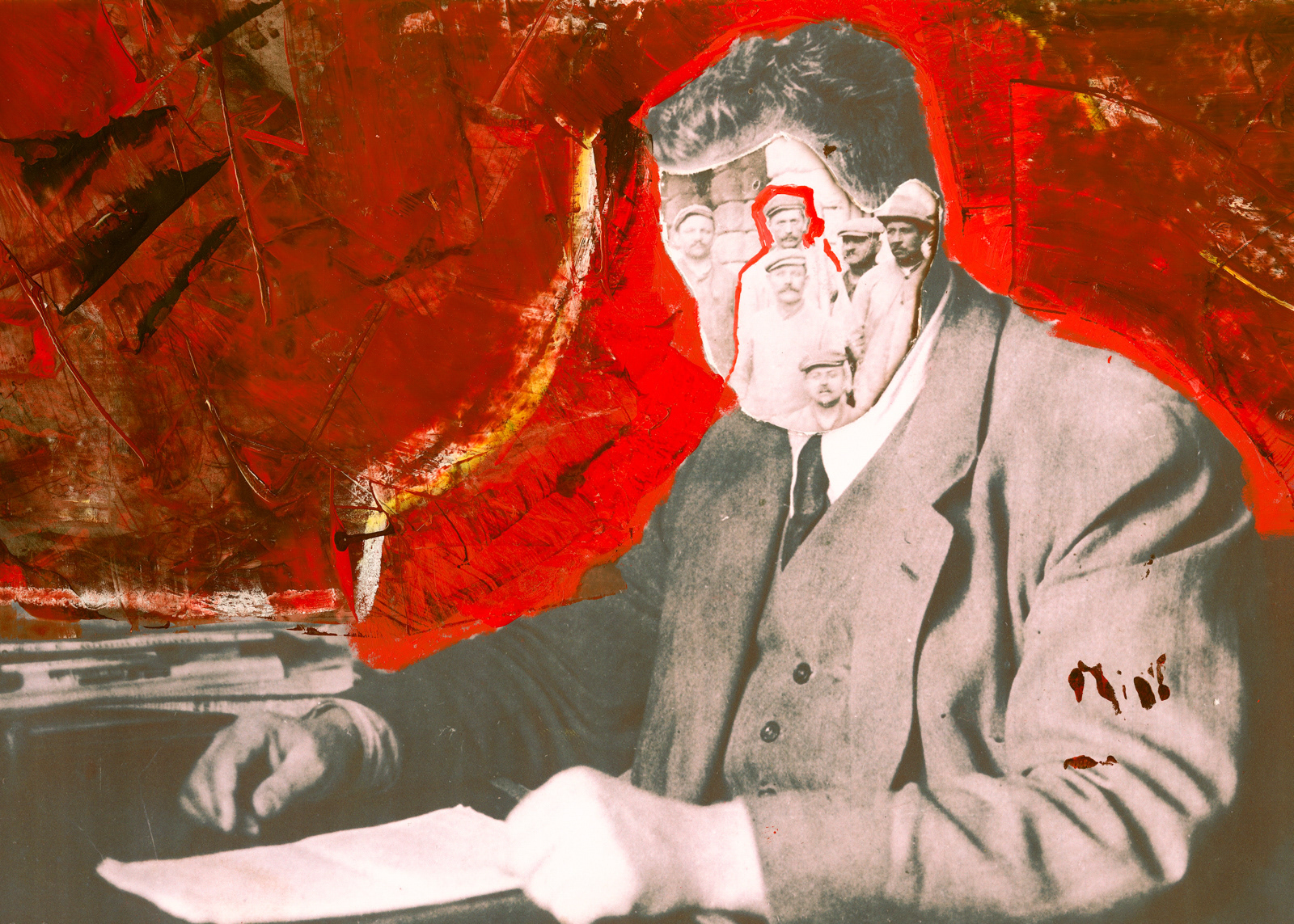
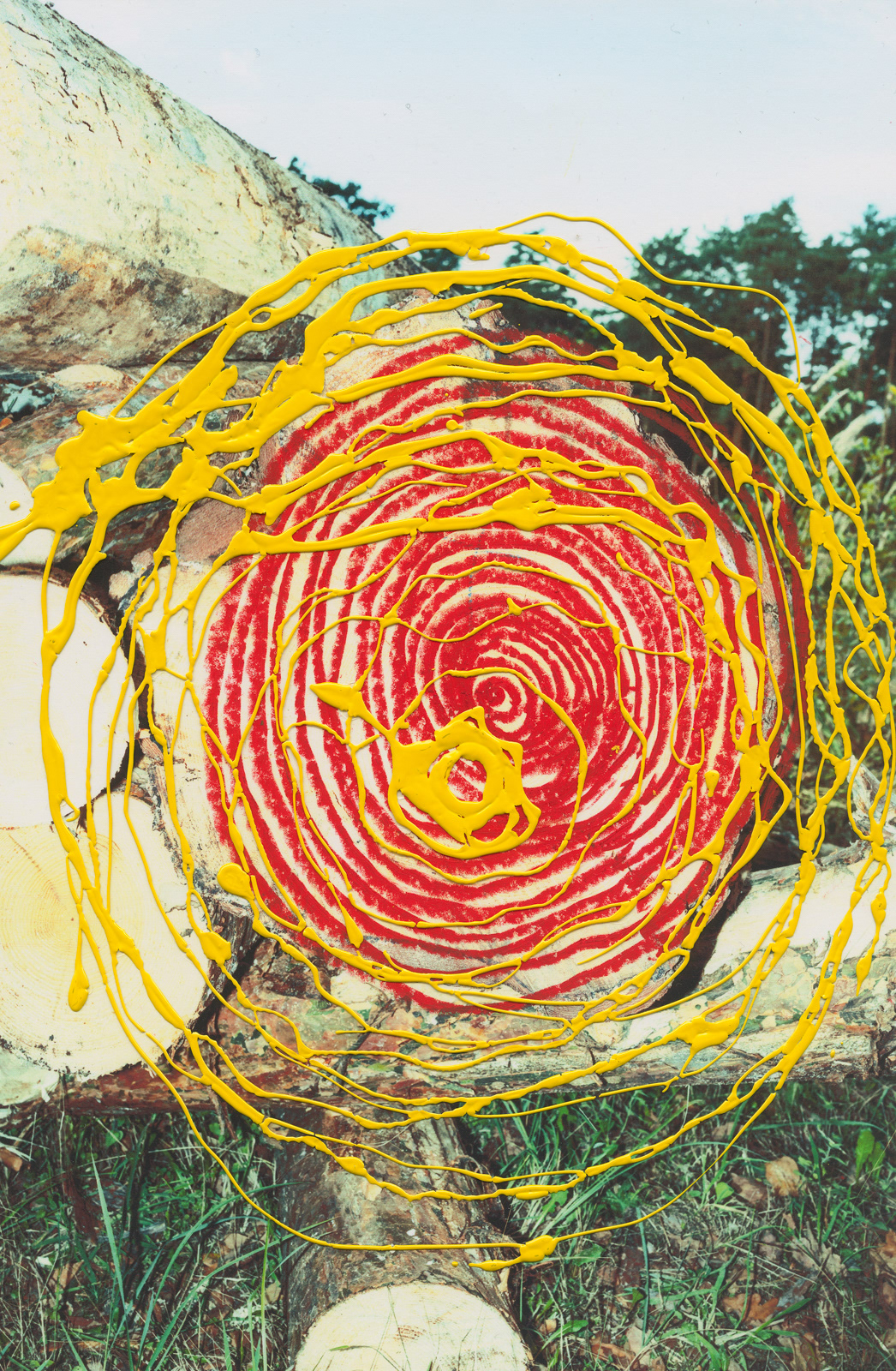
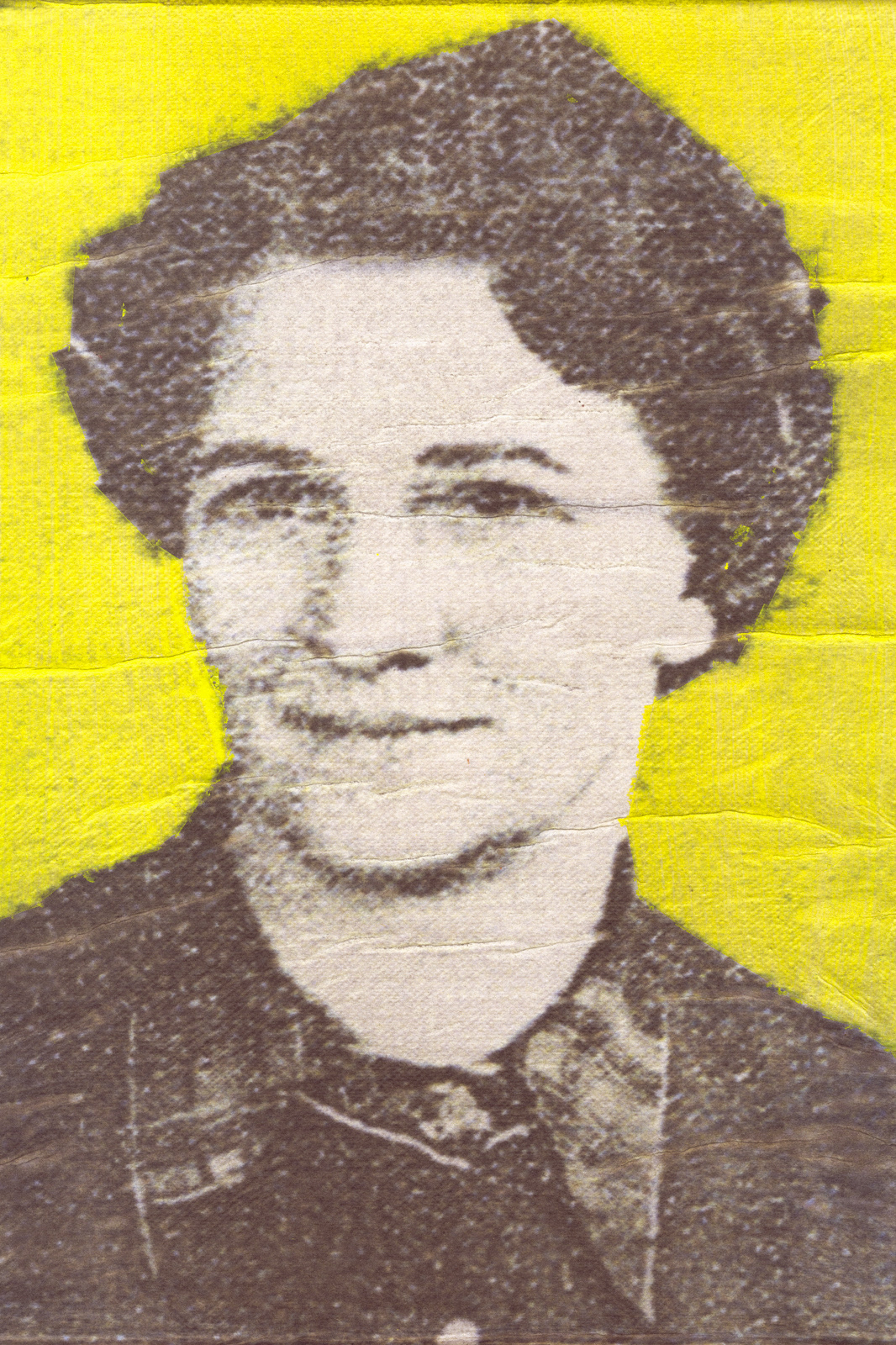
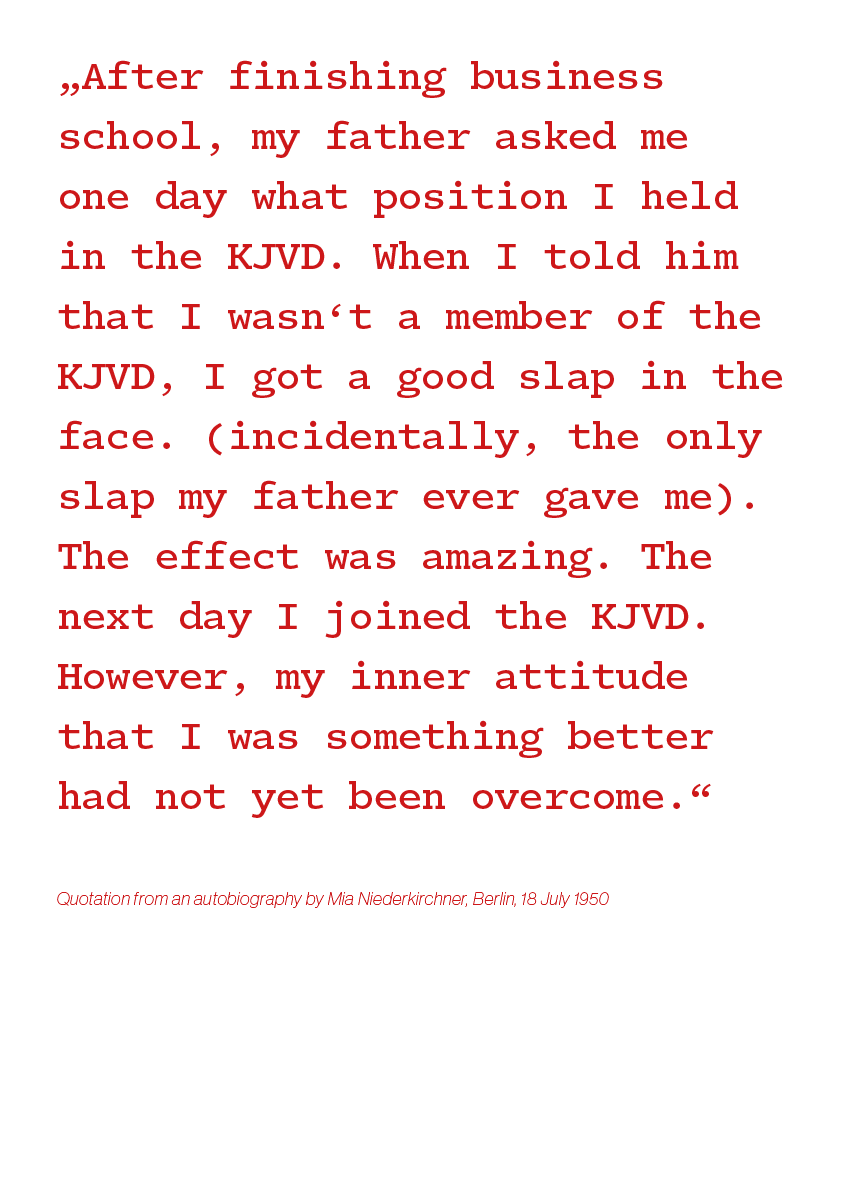
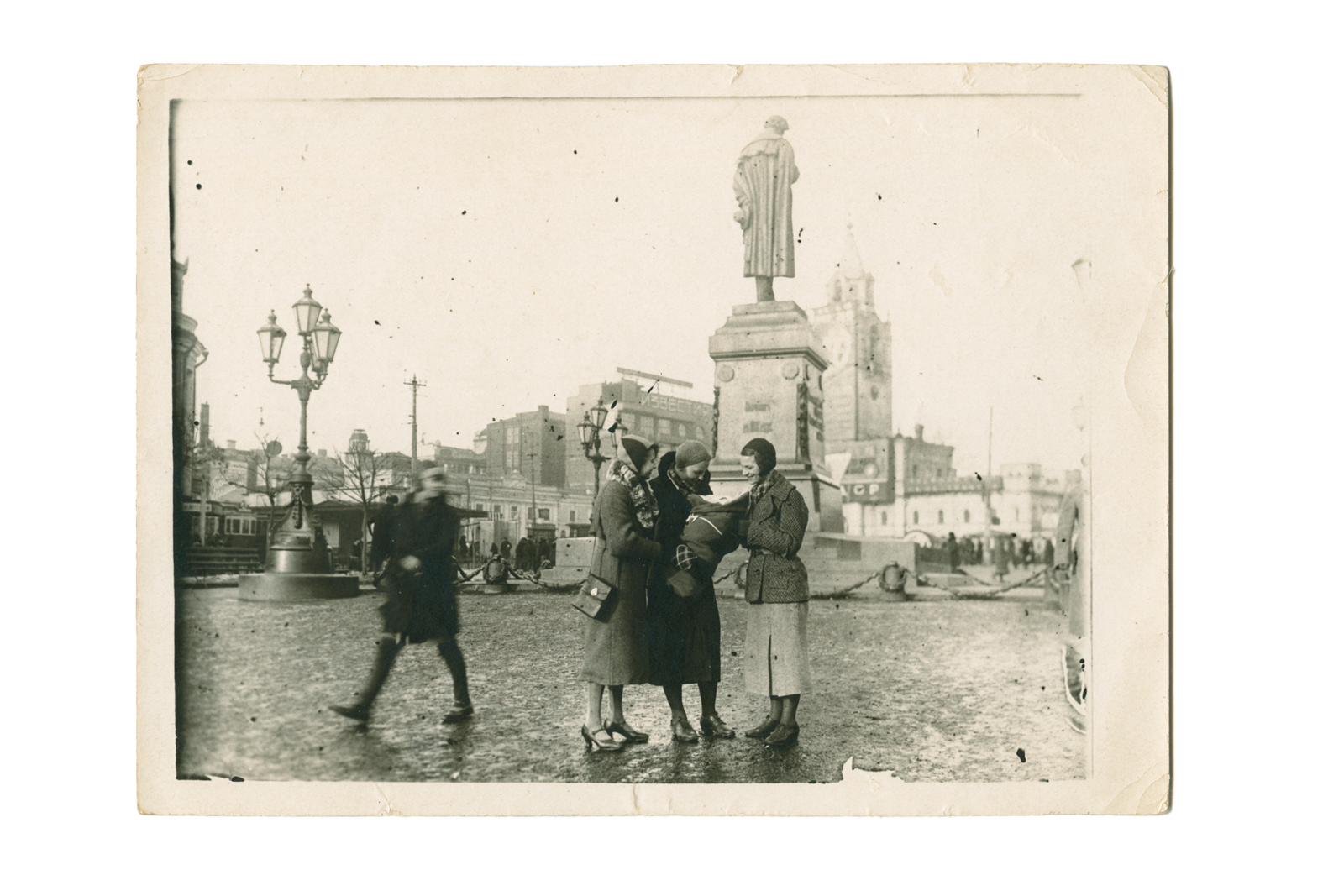
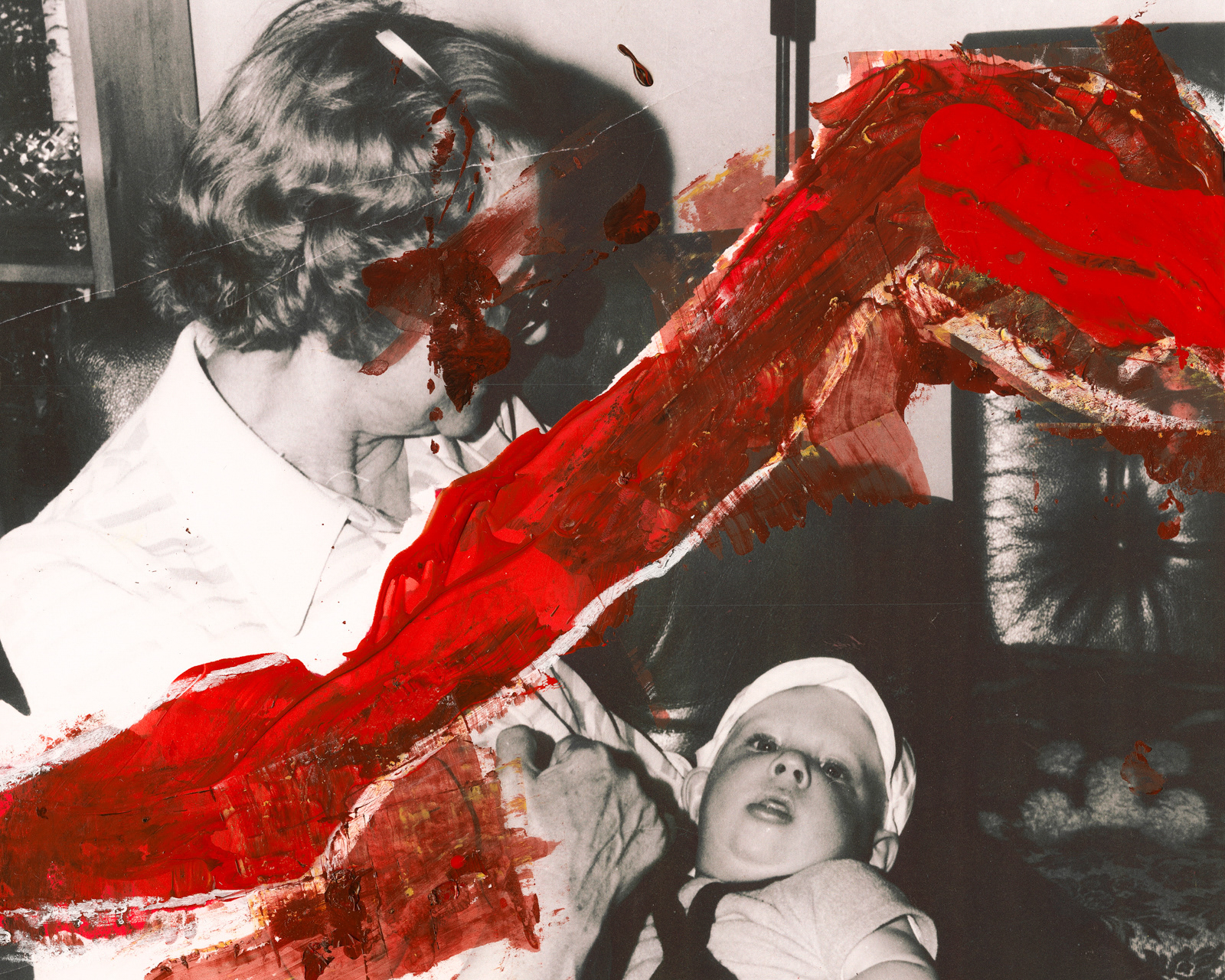
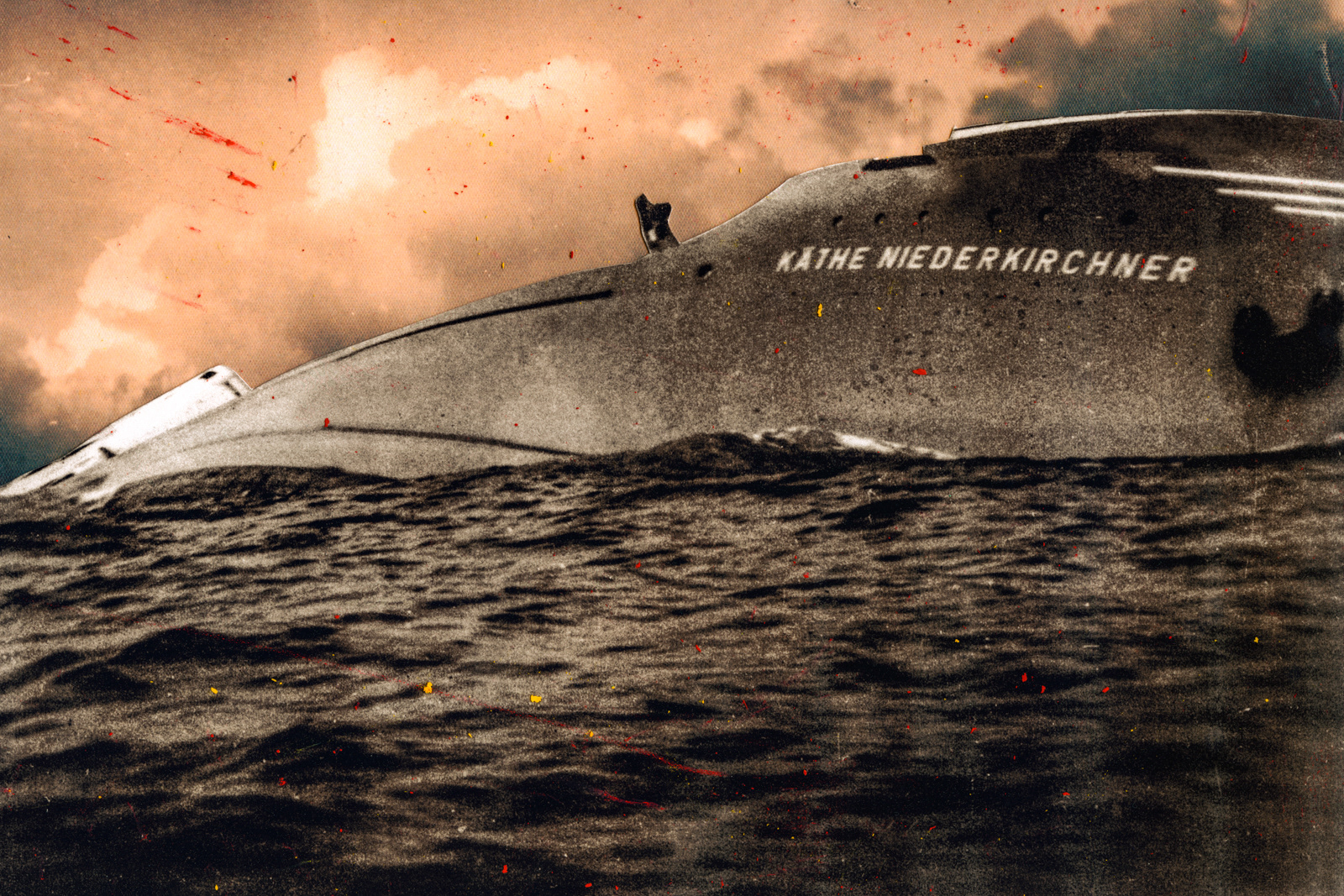
Videoinstallation (2024)
Camera: Ilja Niederkirchner
Editing: Roberta Stein
Sound Composition: Roberta Stein
On the night of October 7, 1943, Käthe Niederkirchner parachuted behind enemy lines over the Parczew forest in Poland, on her 34th birthday. Her parachute became tangled in the crown of a pine tree, and she was rescued the next morning by Polish partisans. In early October 2023, 80 years later, I traveled to the Parczew forest to visit the place where Käthe's mission began.
